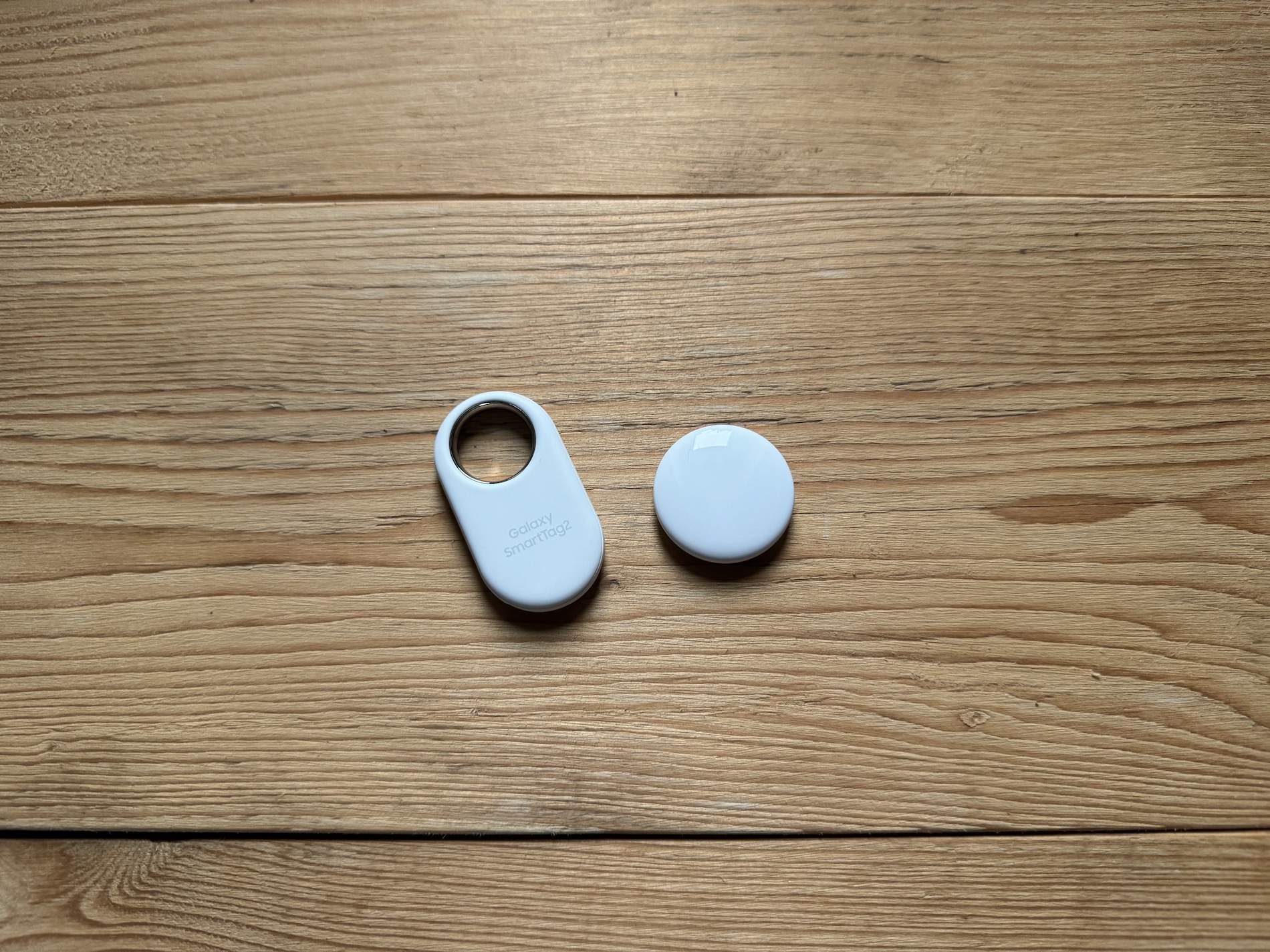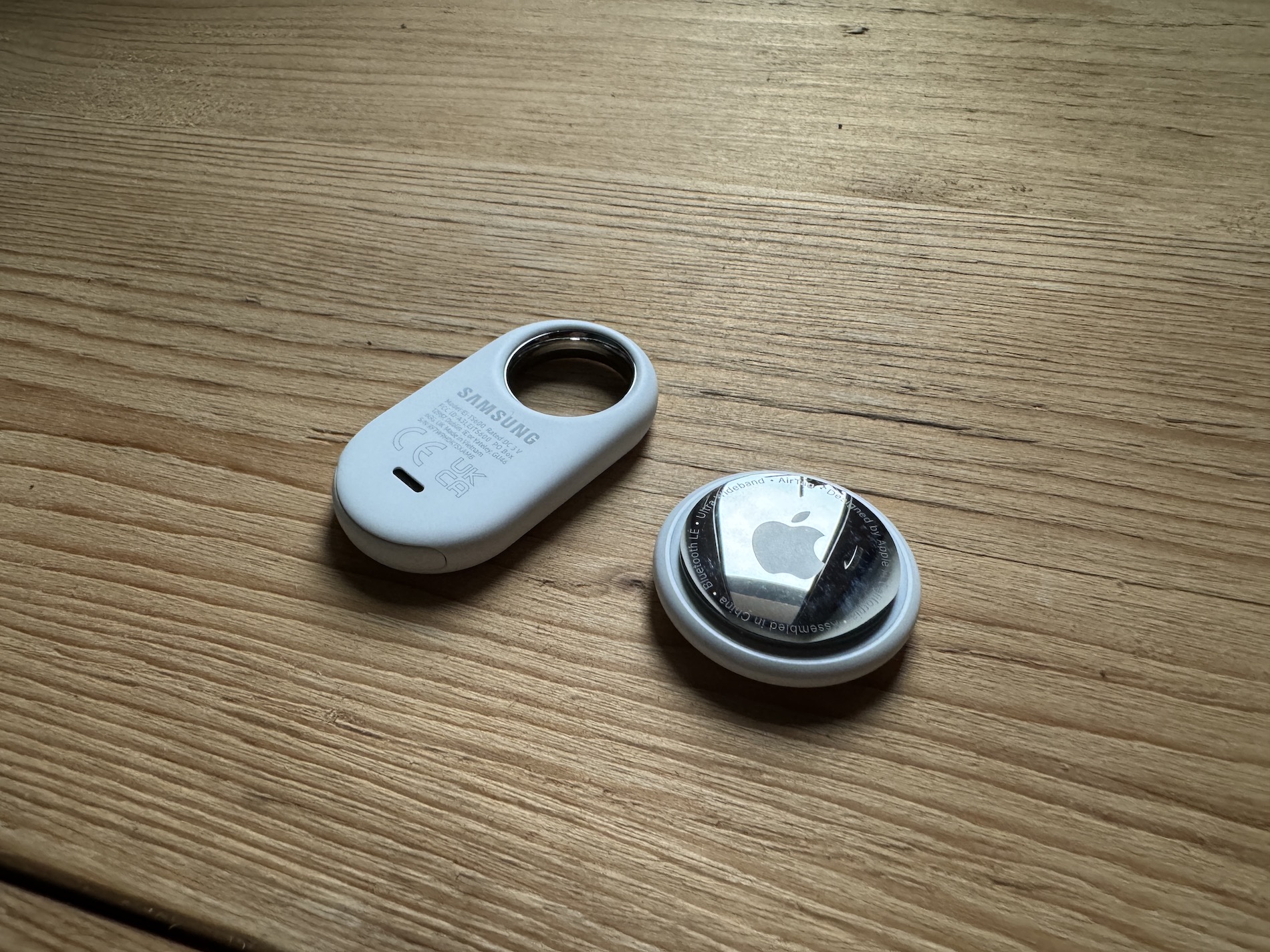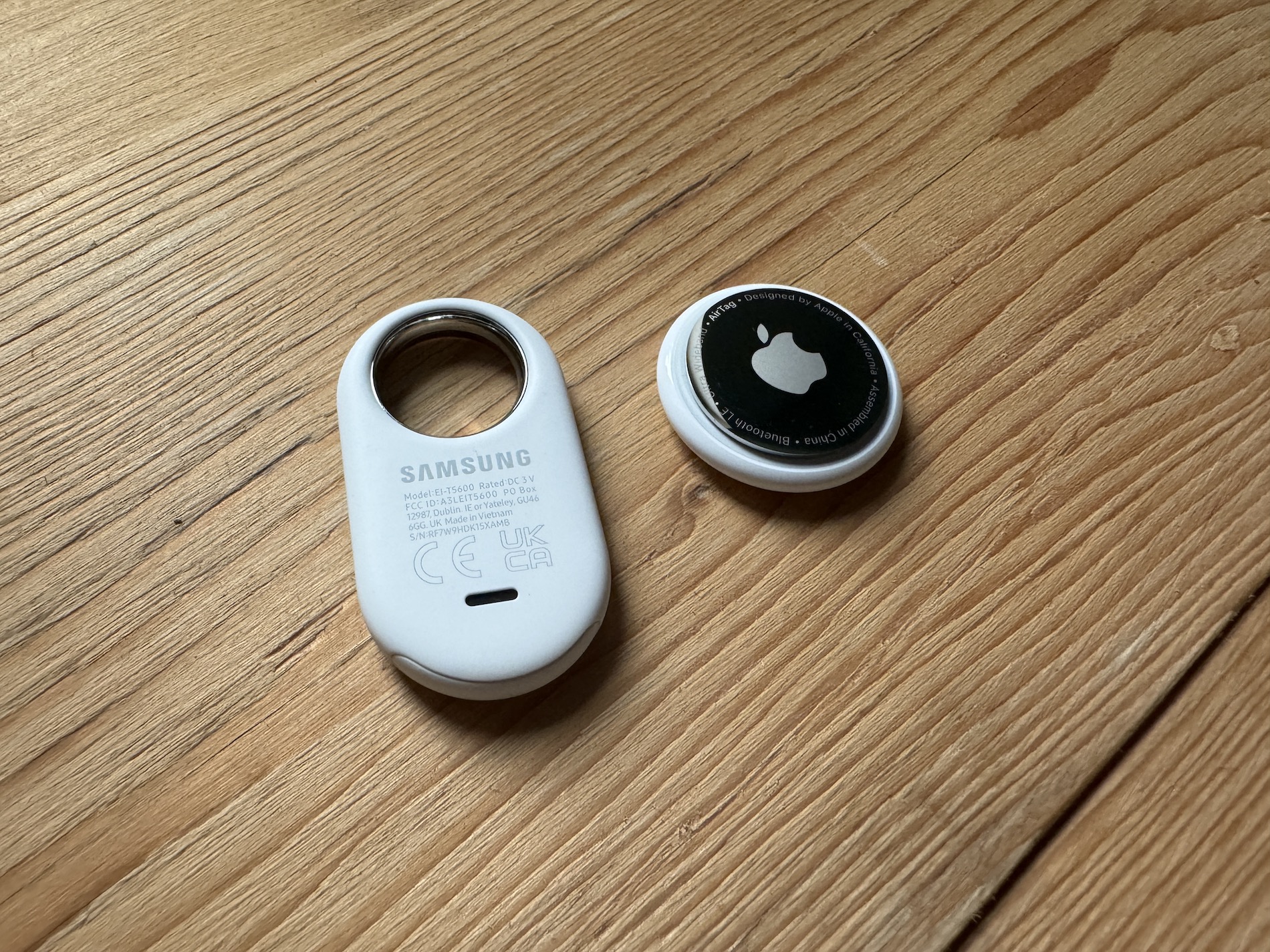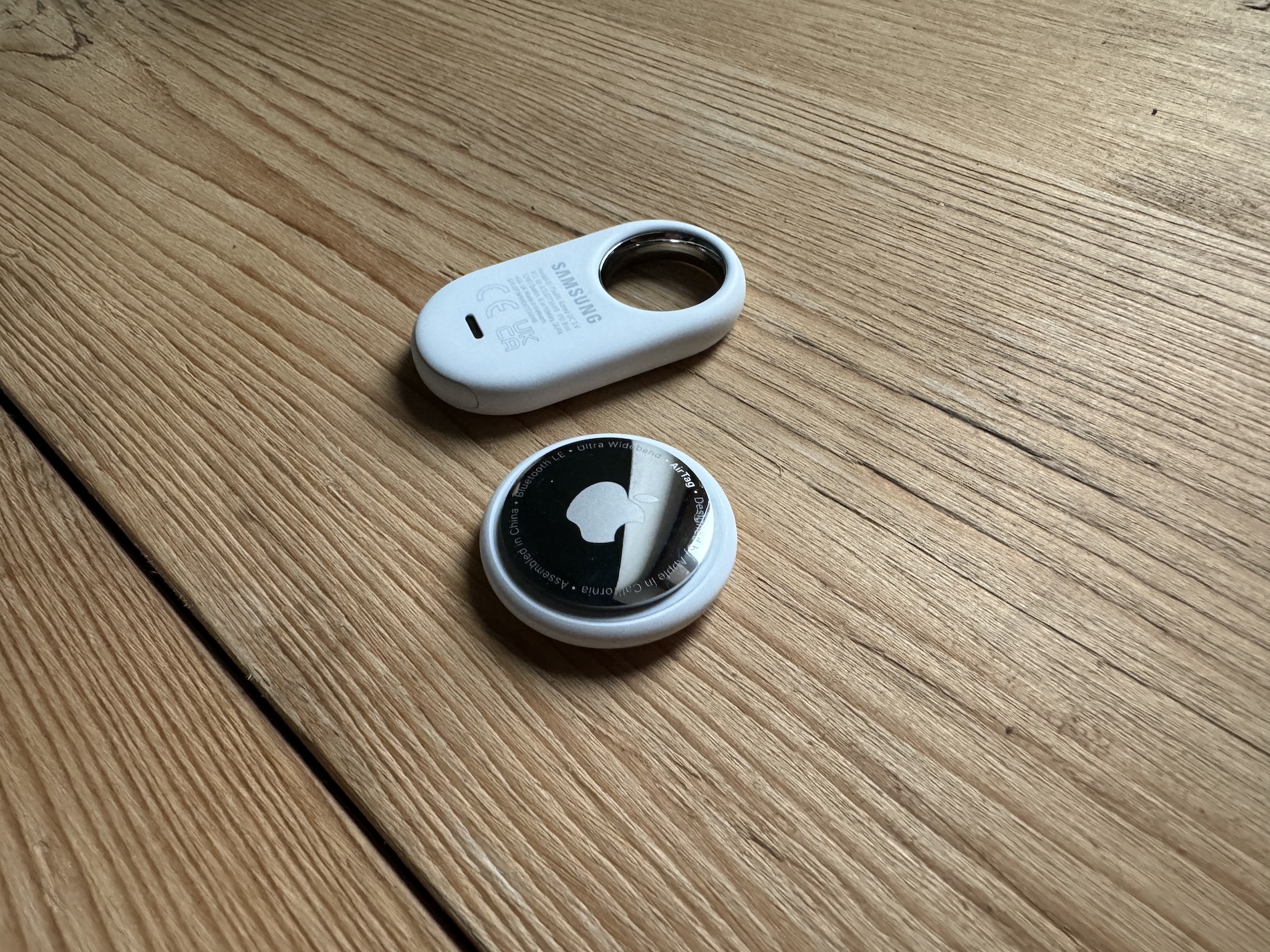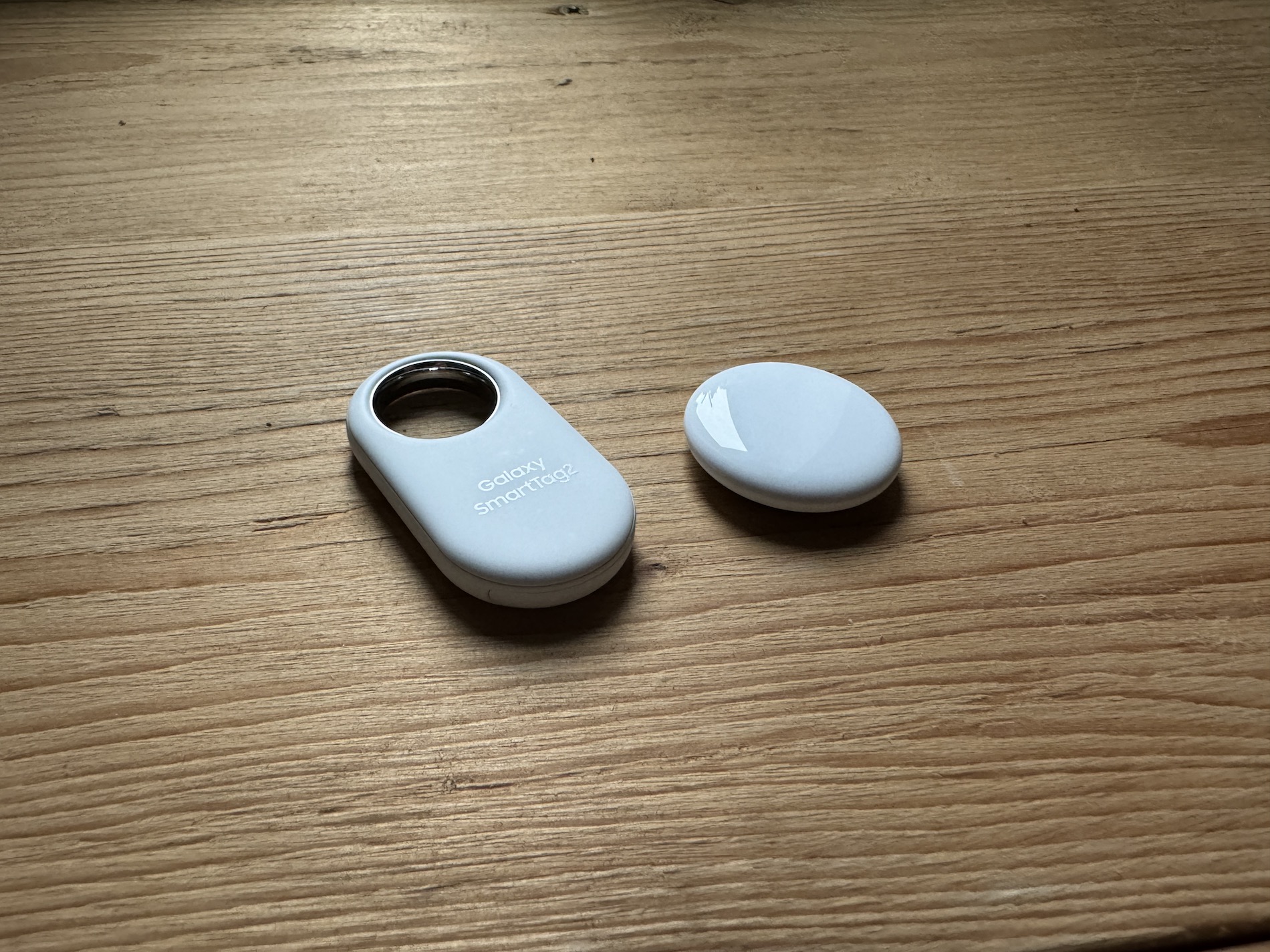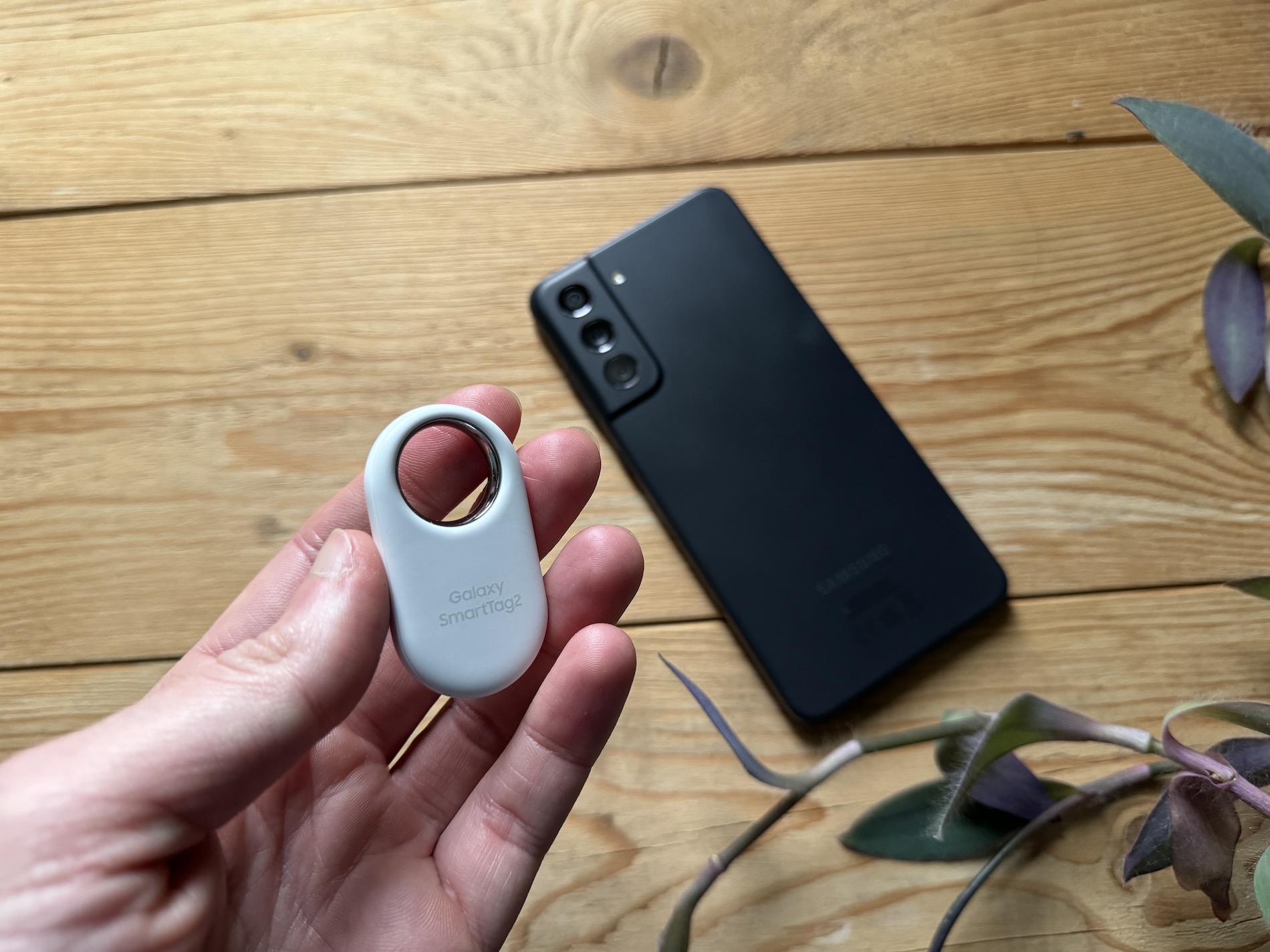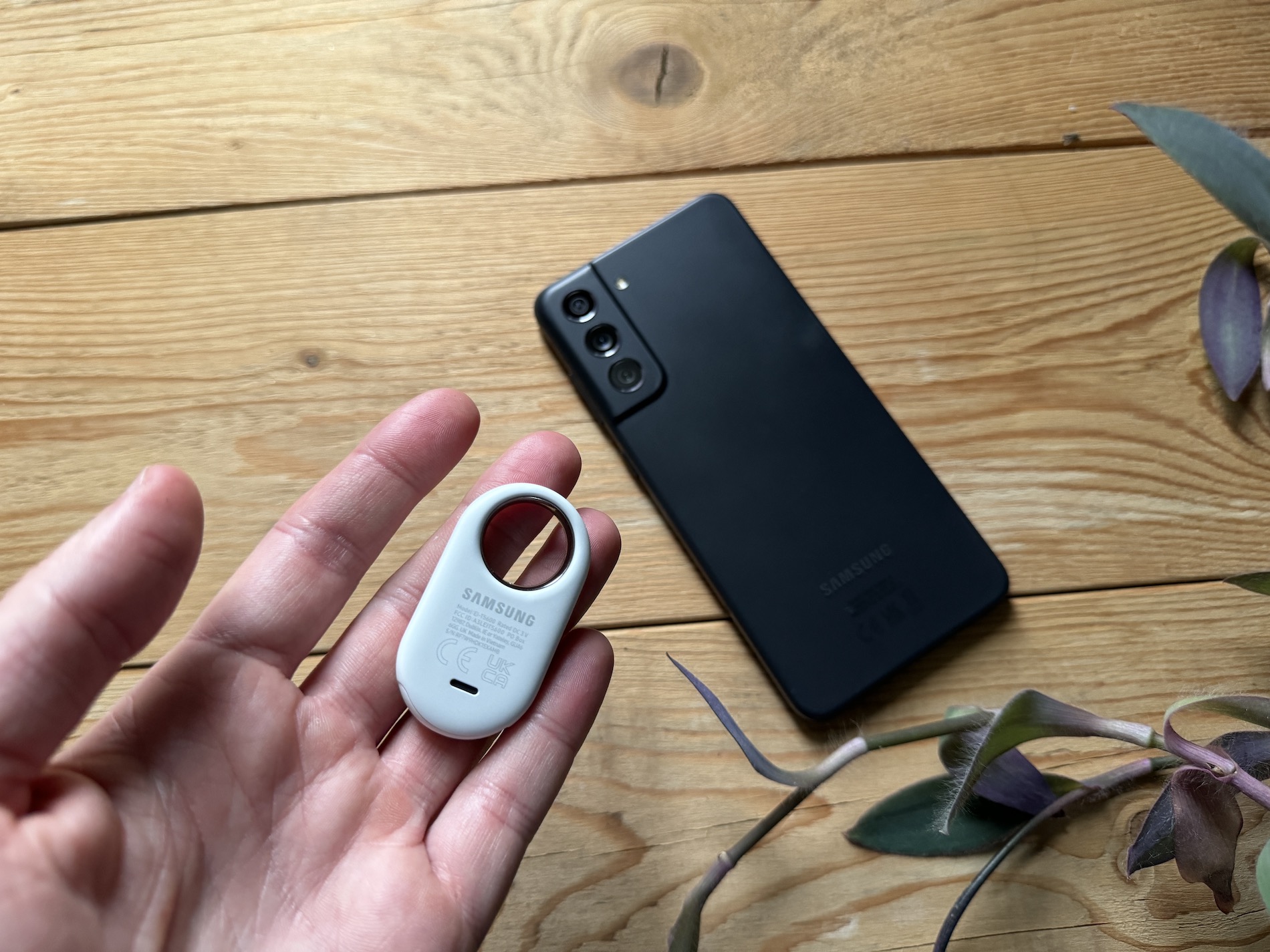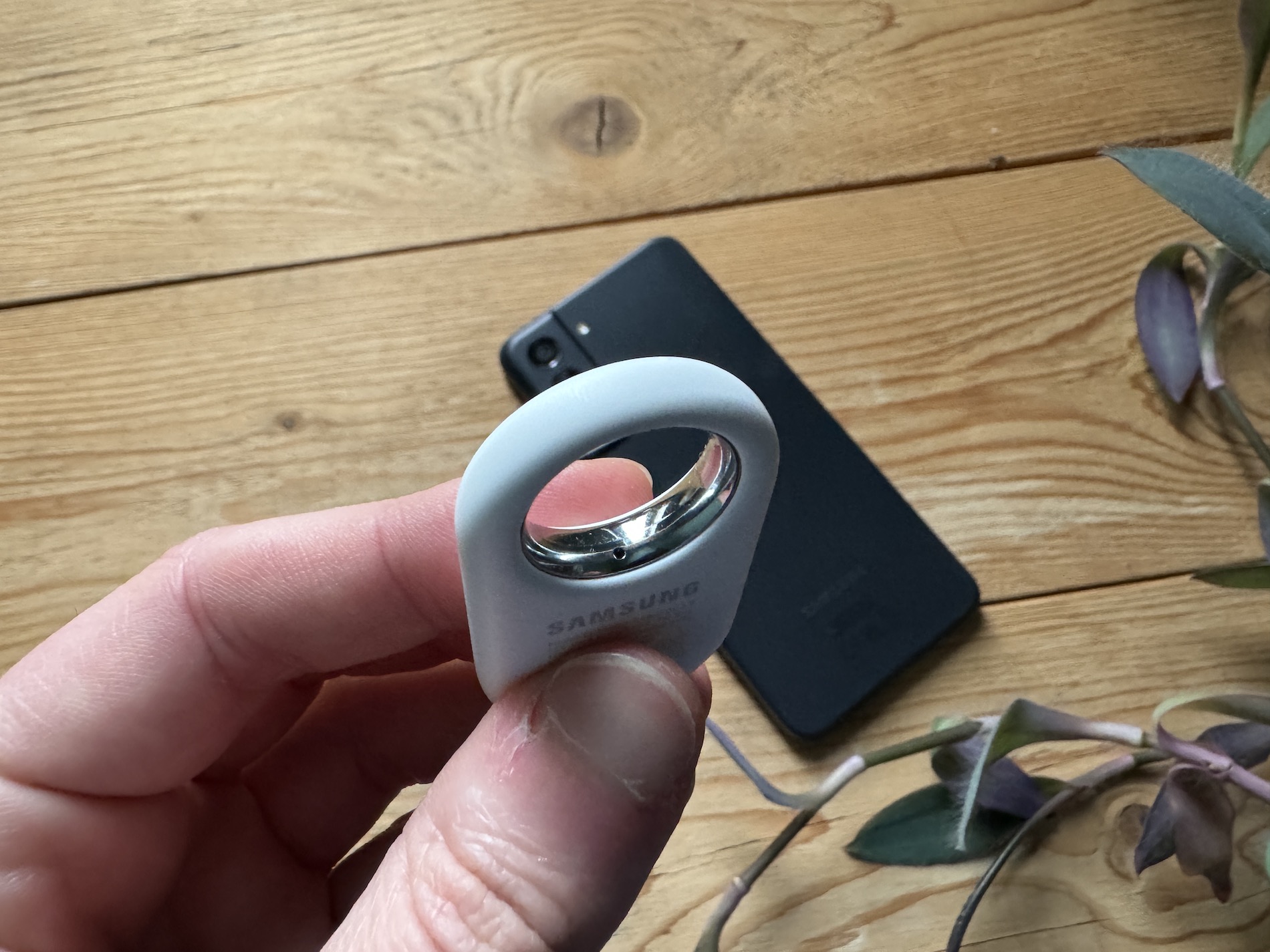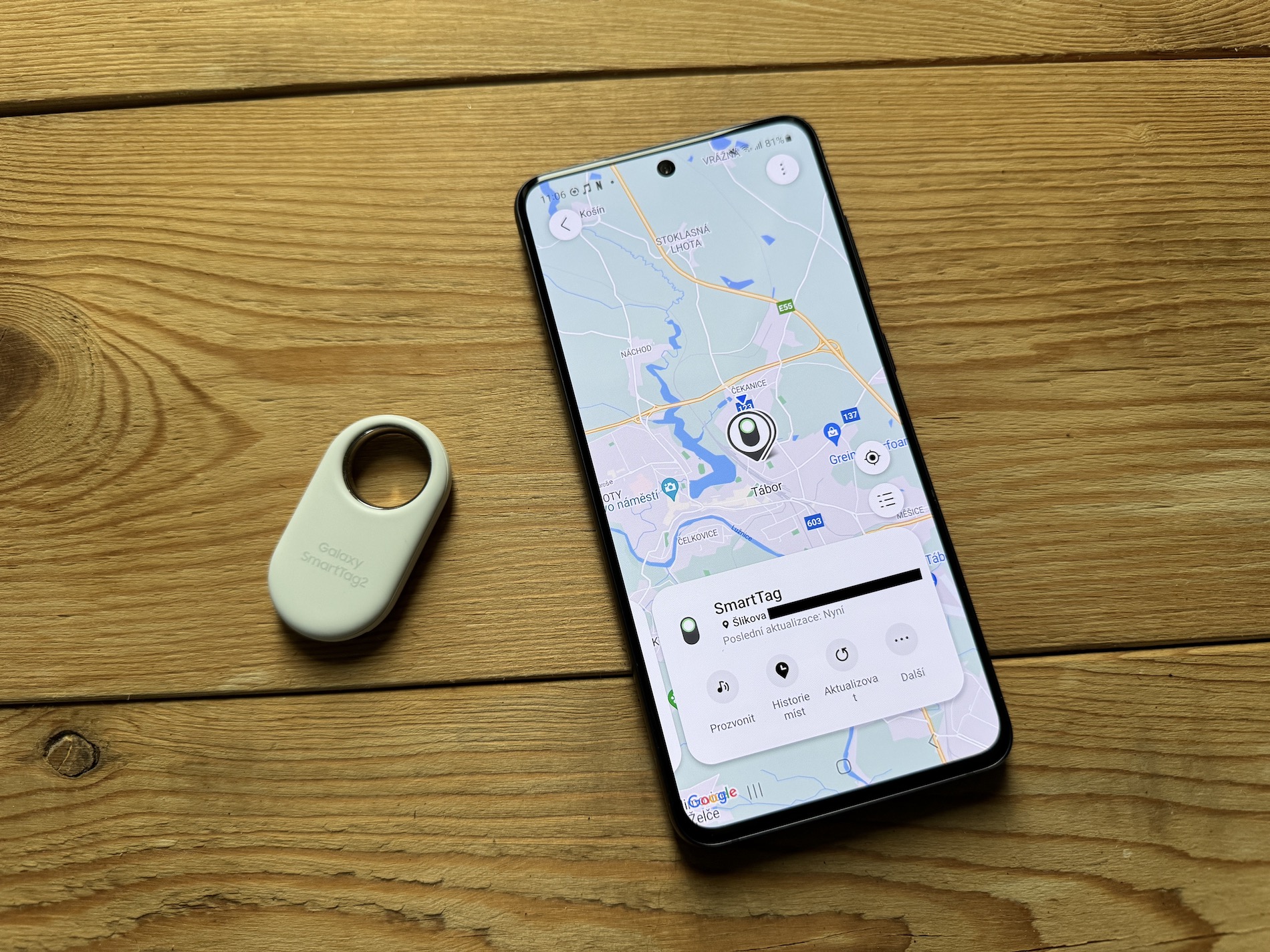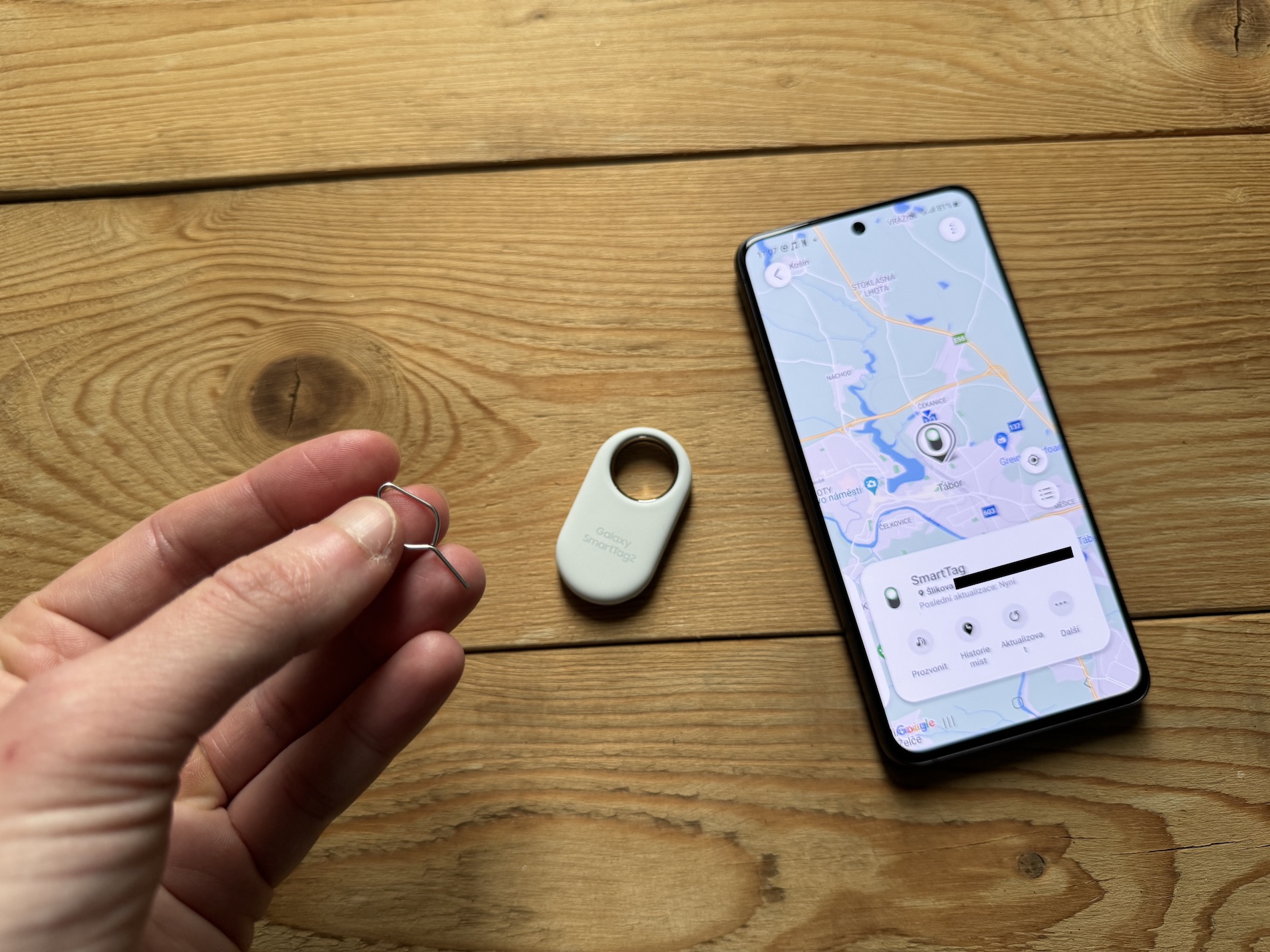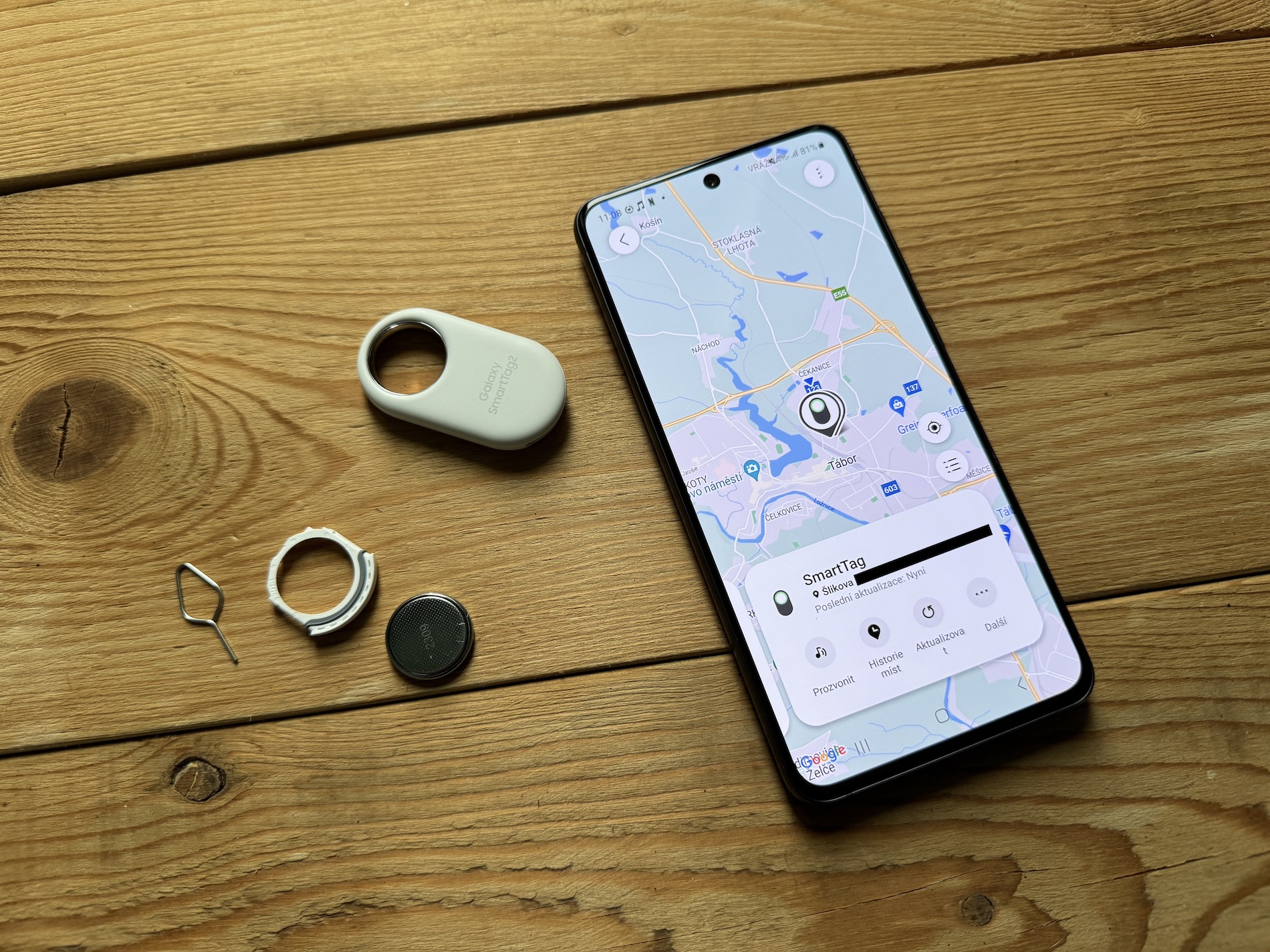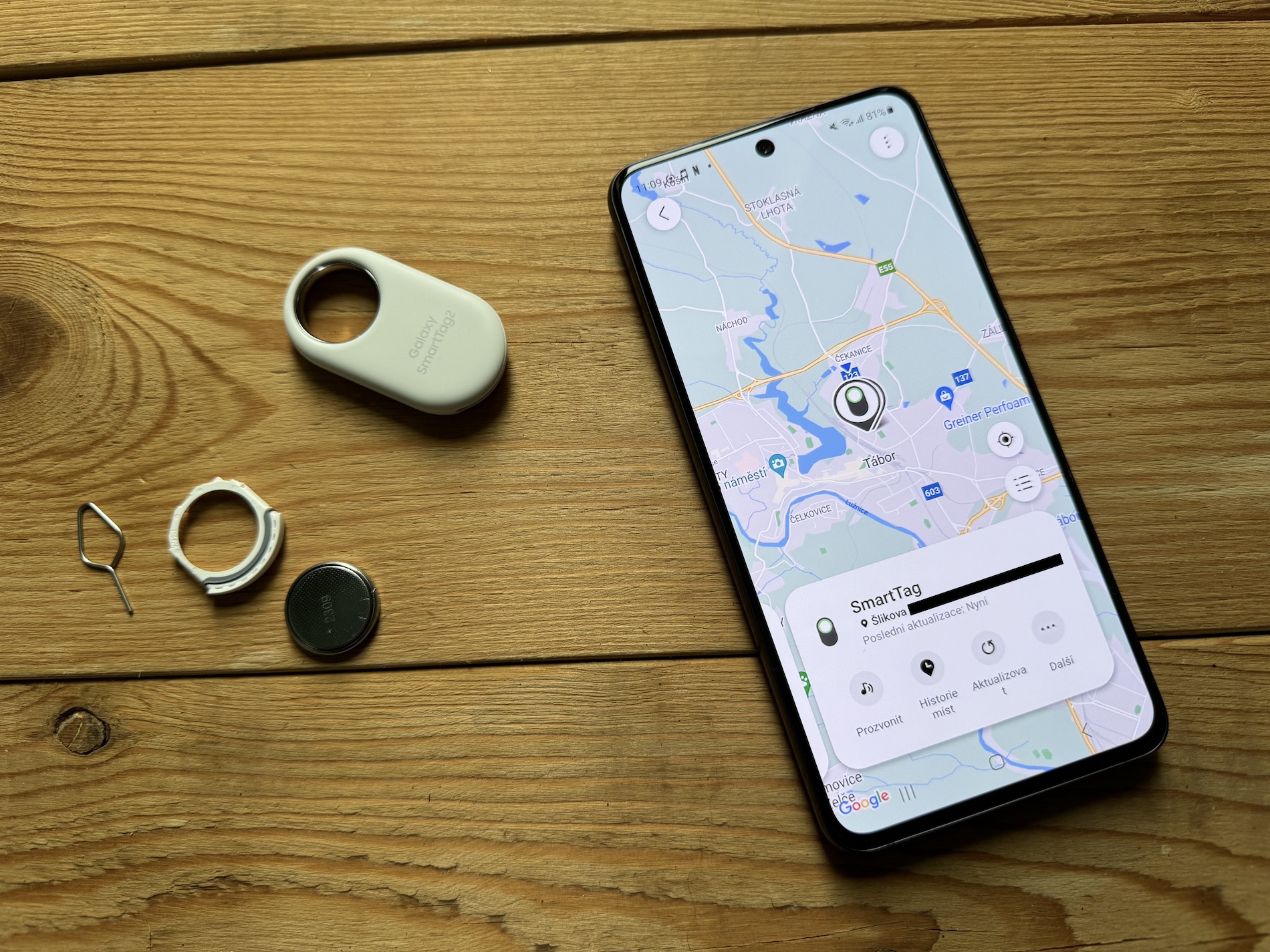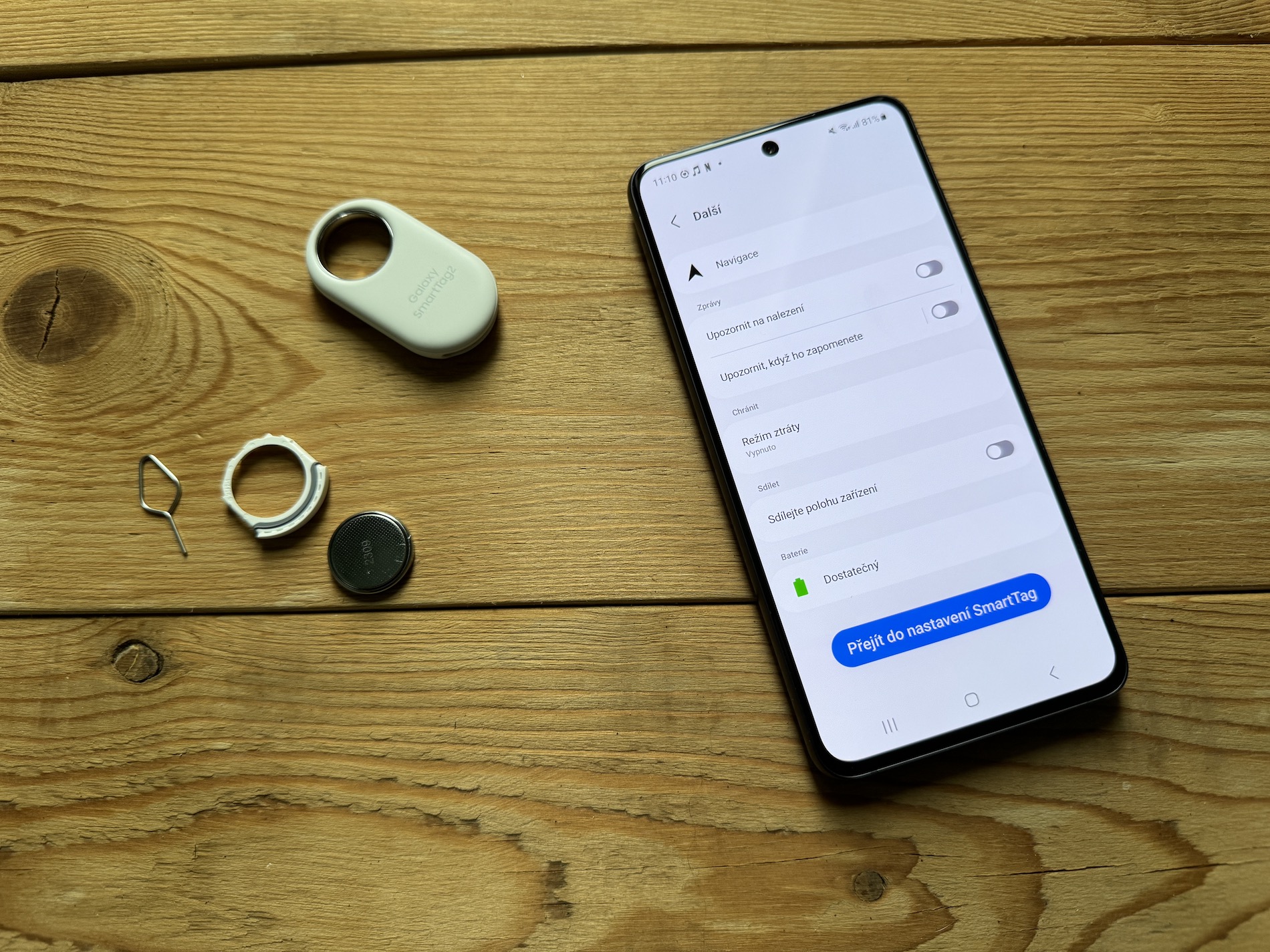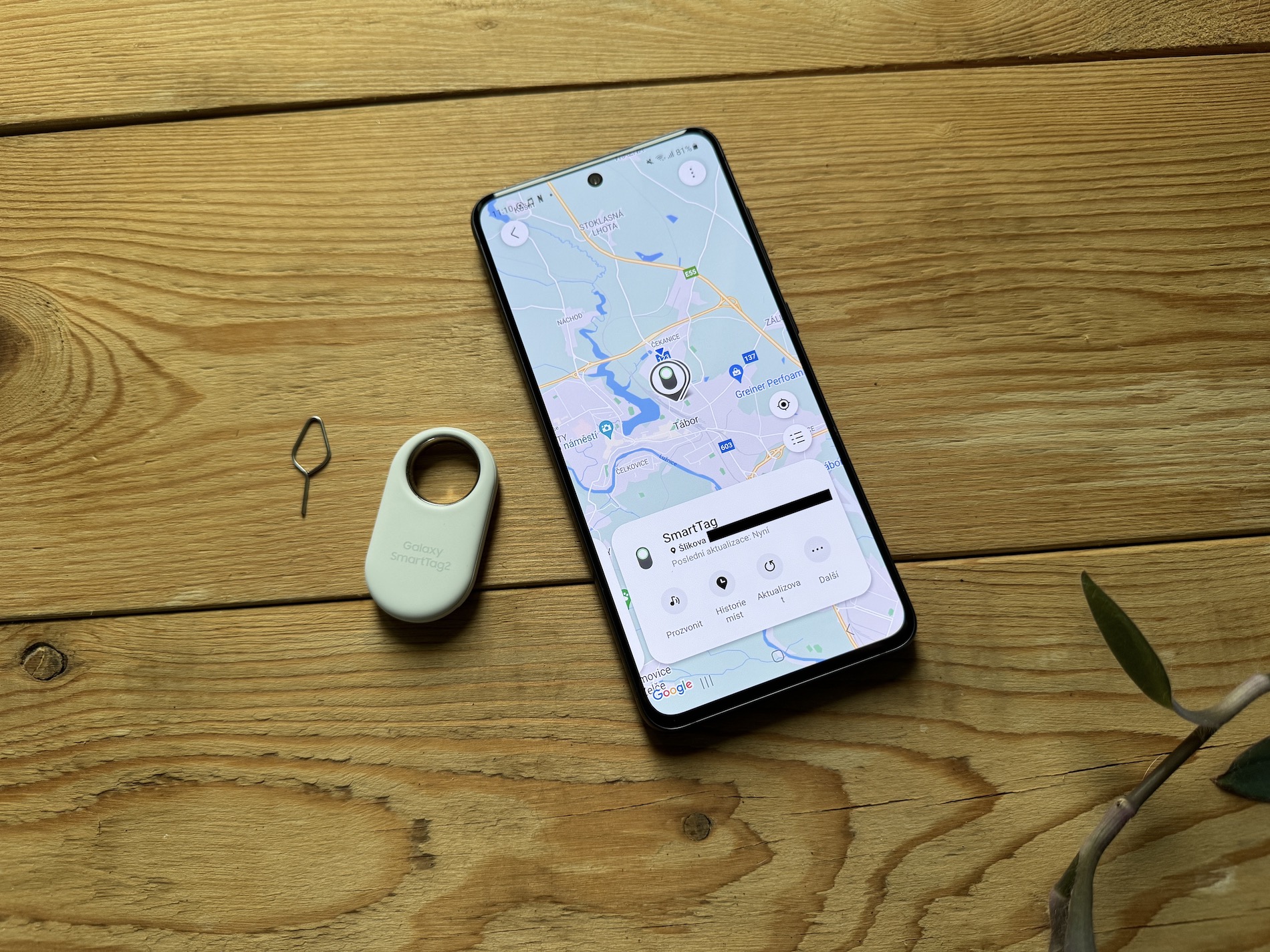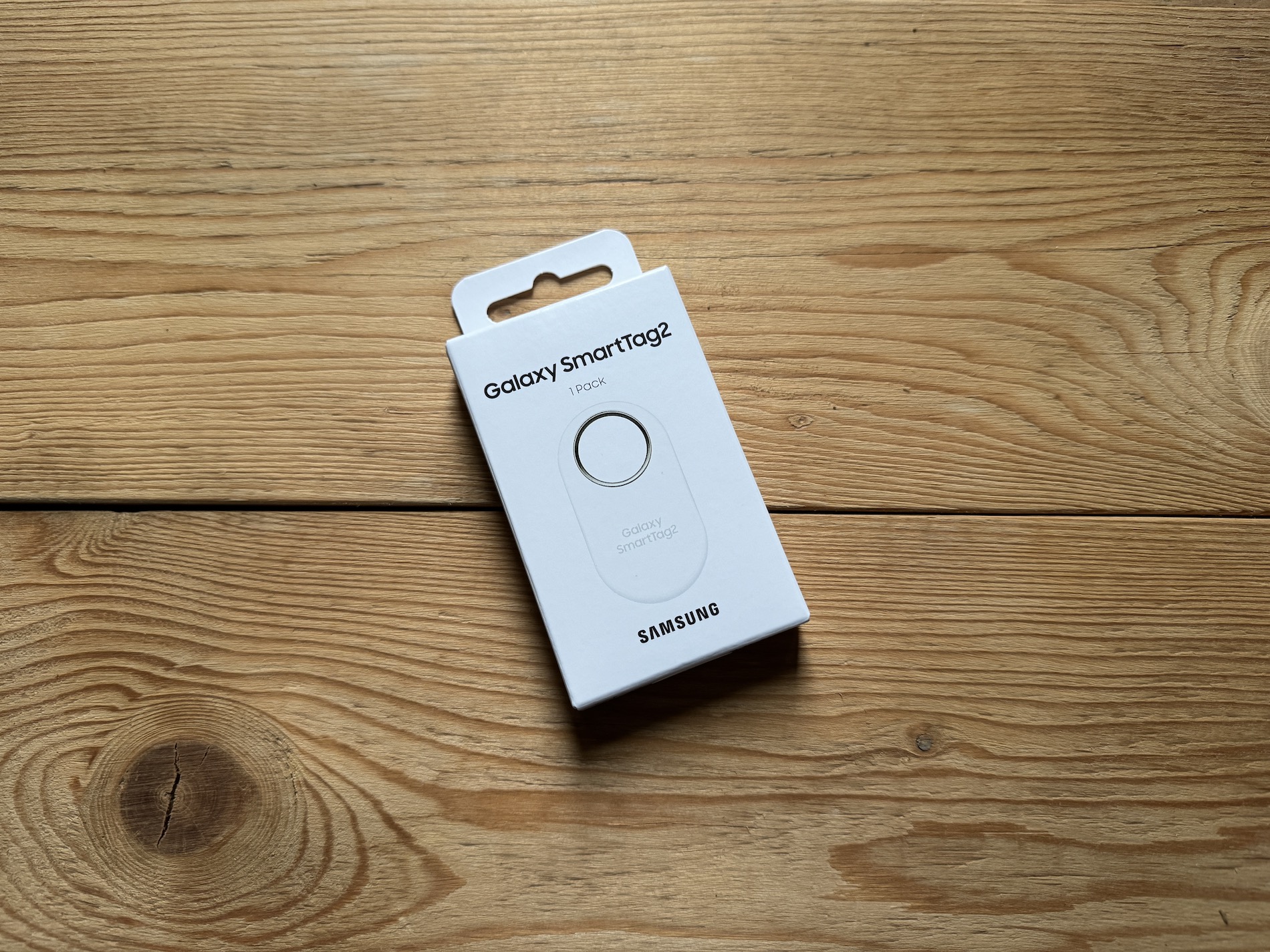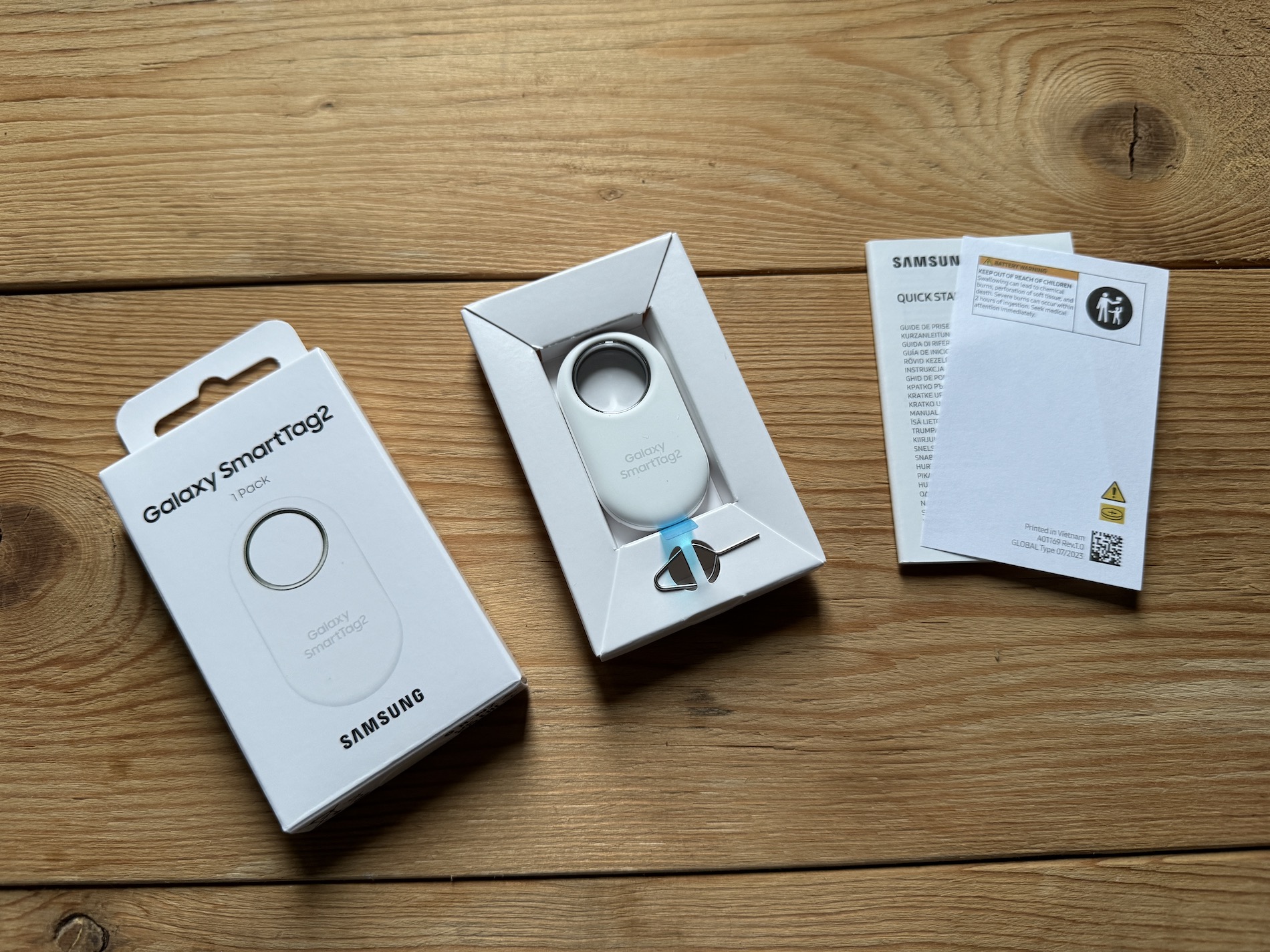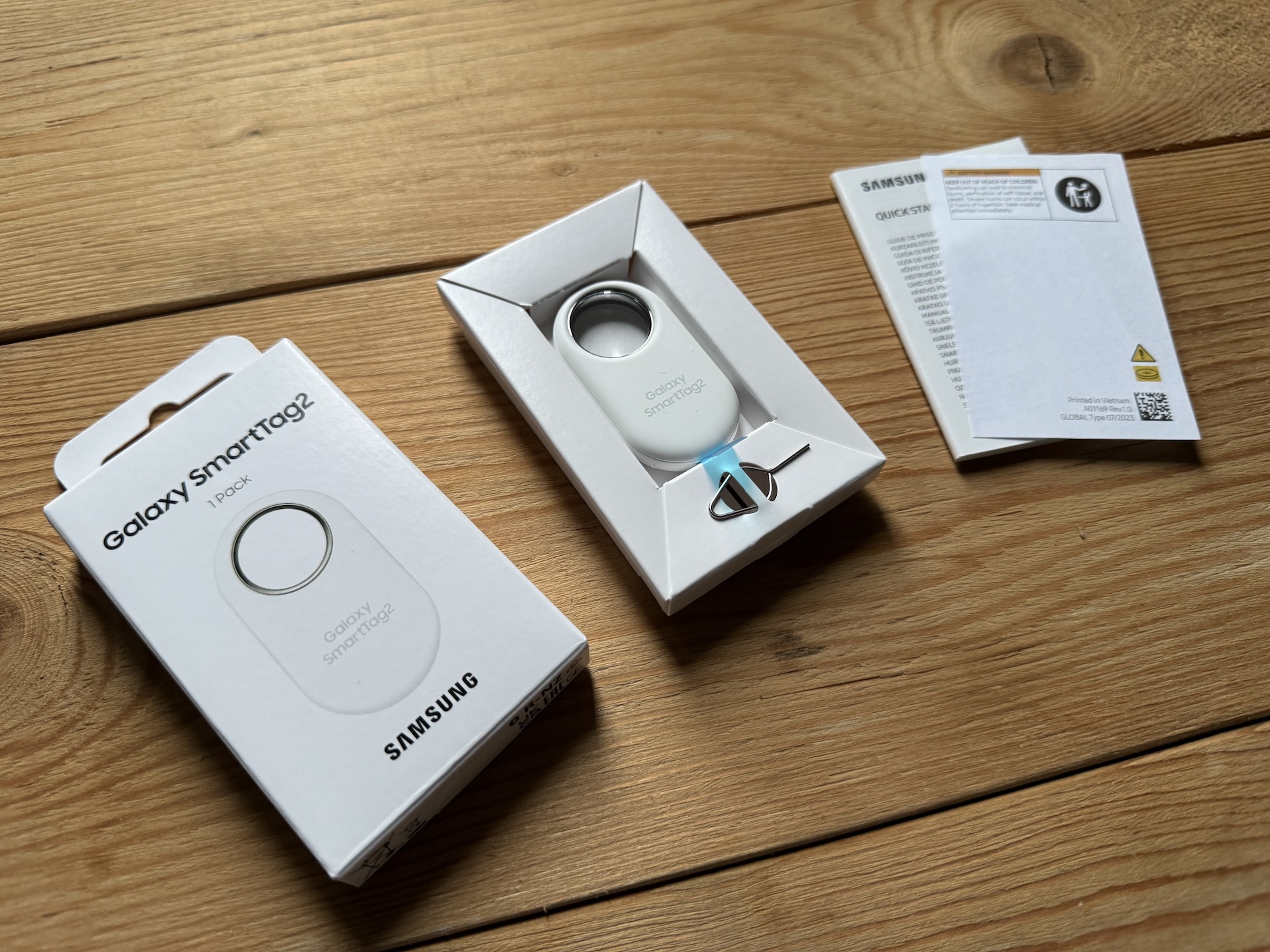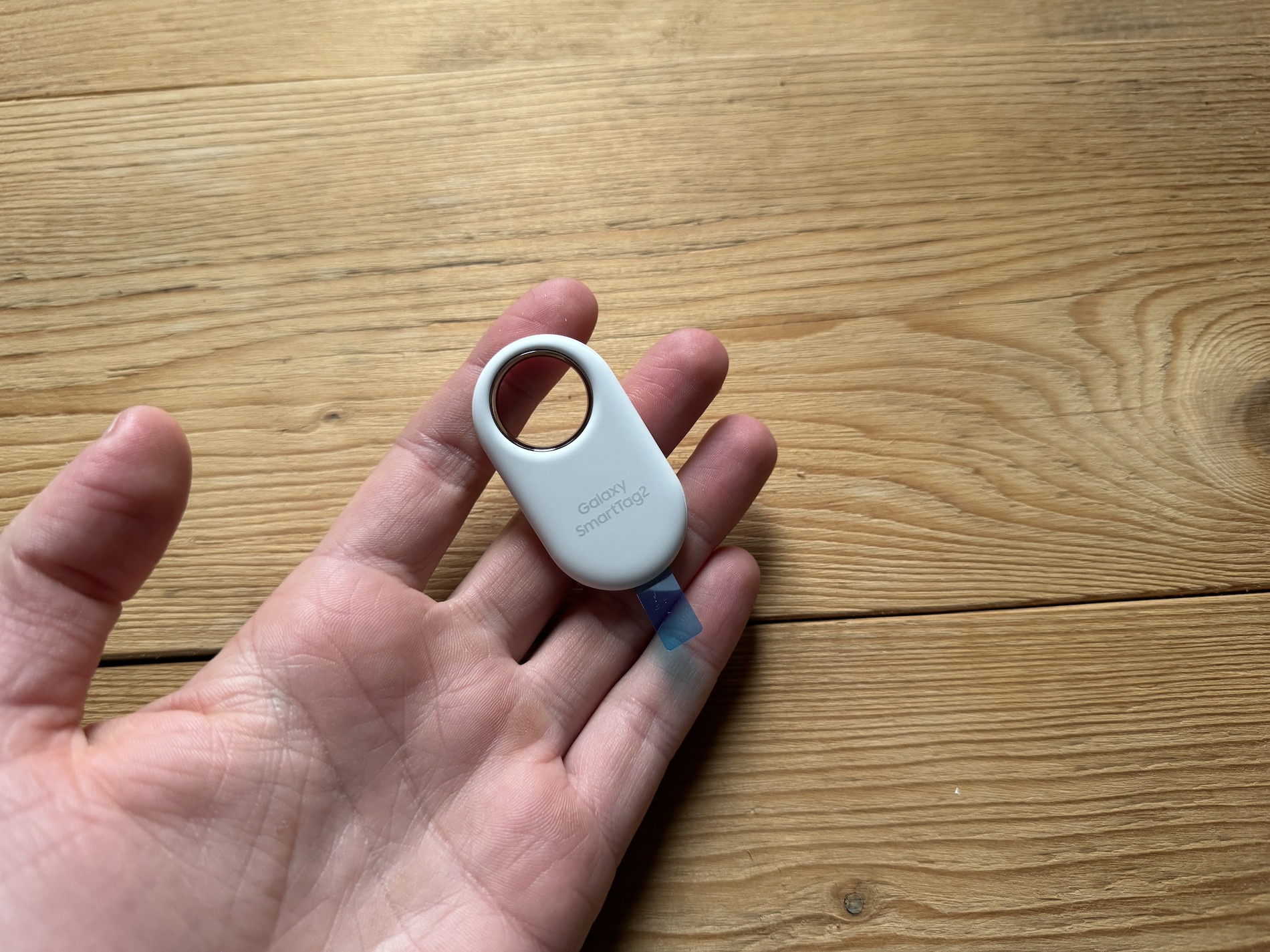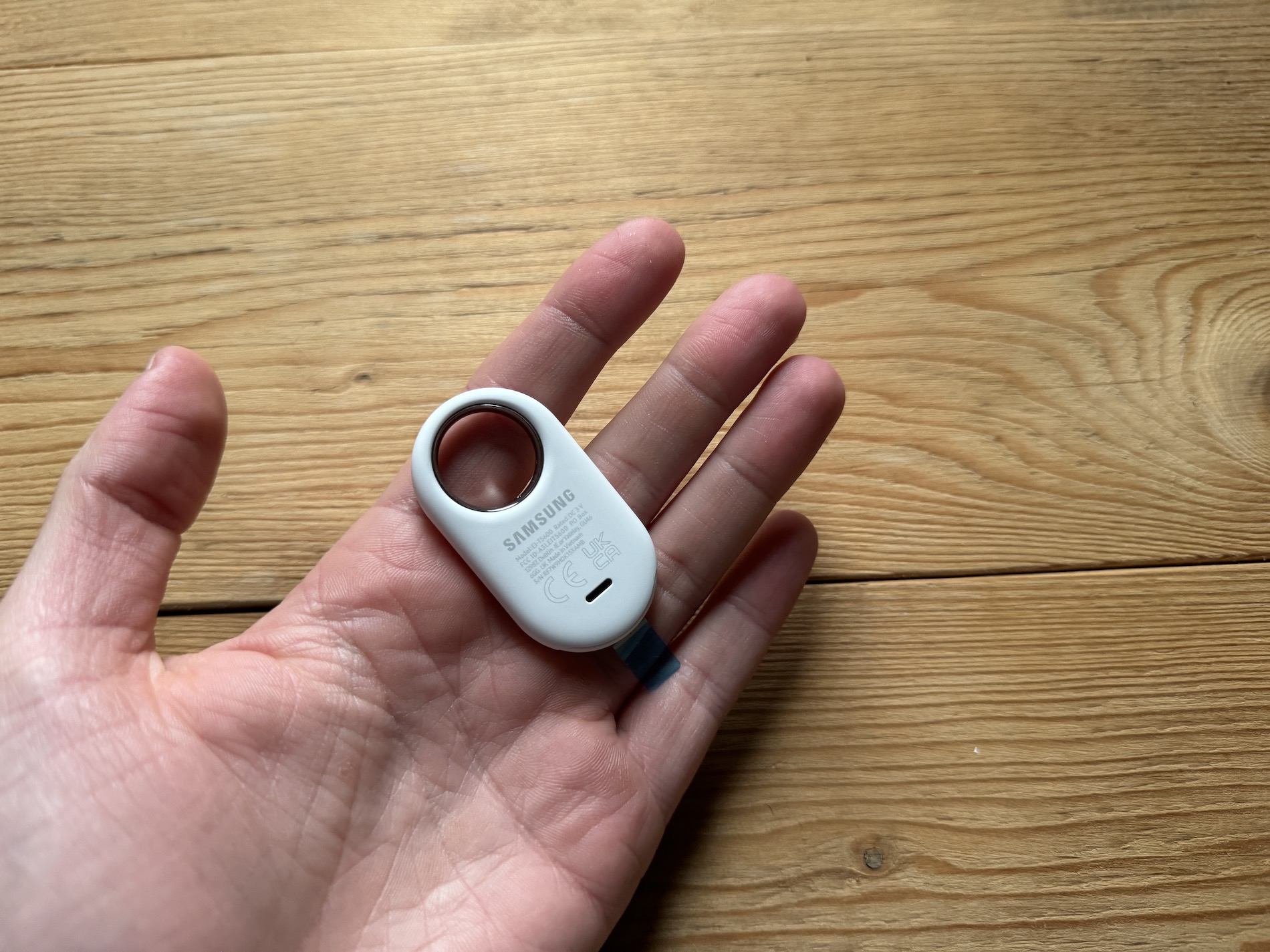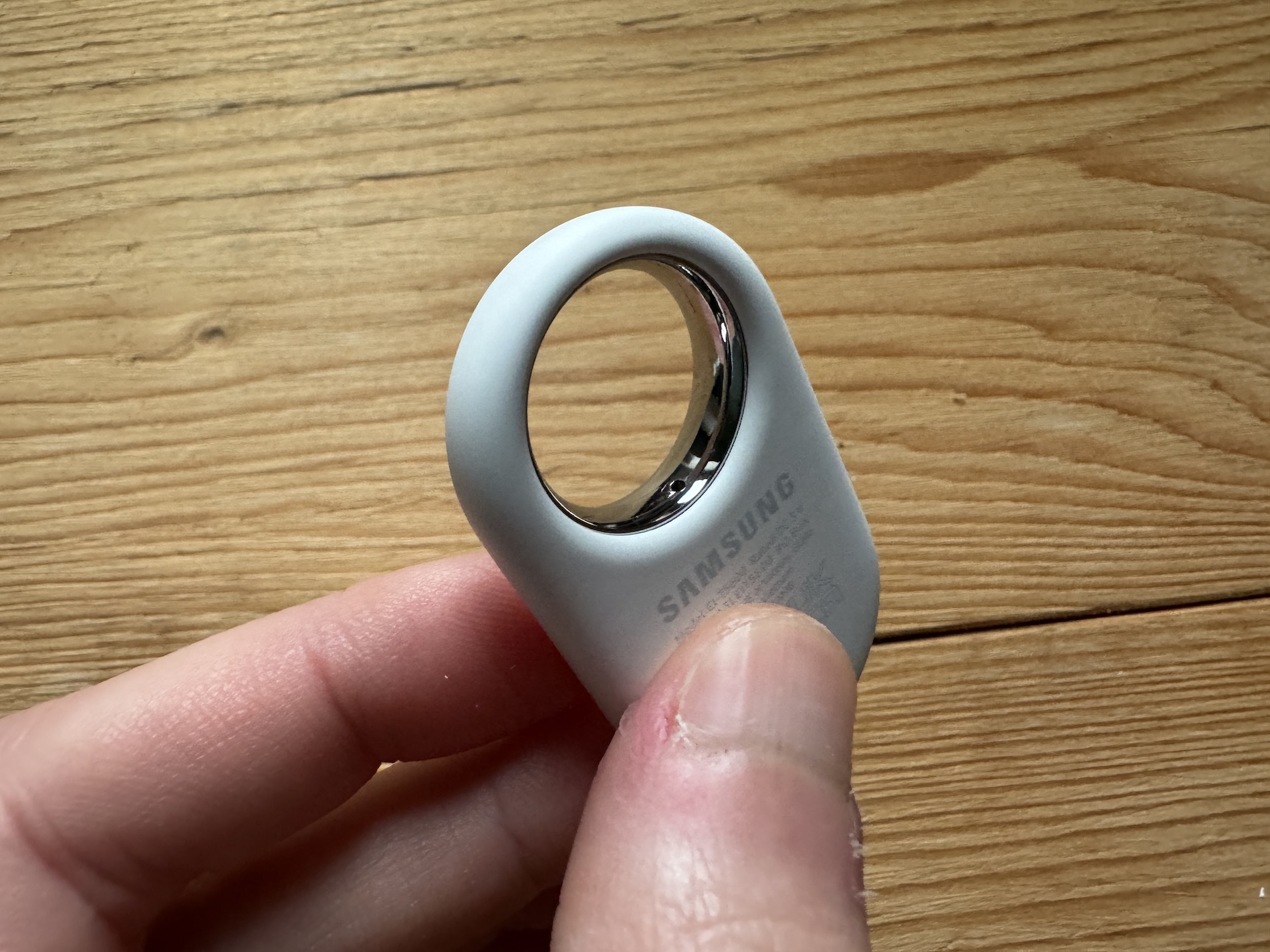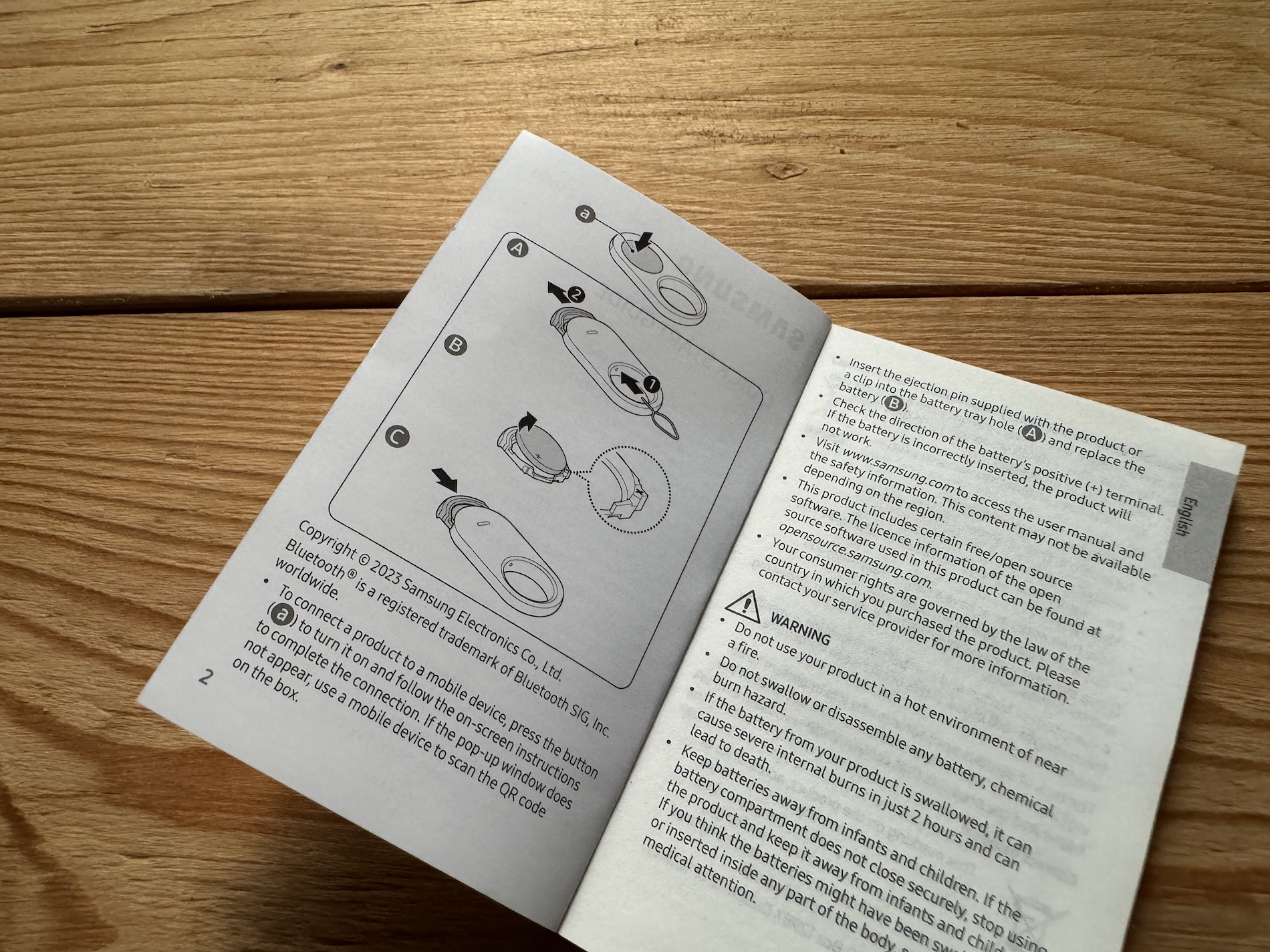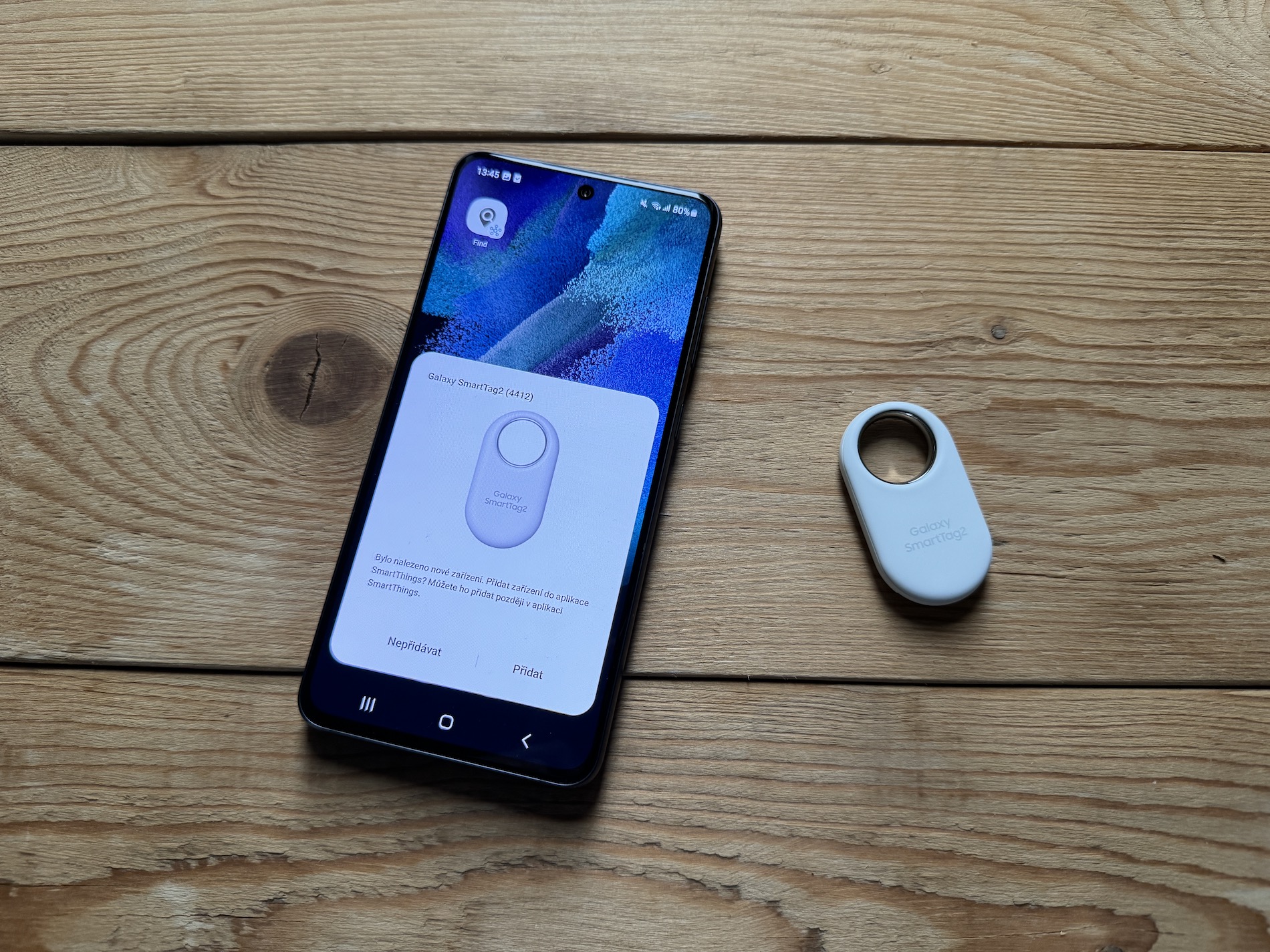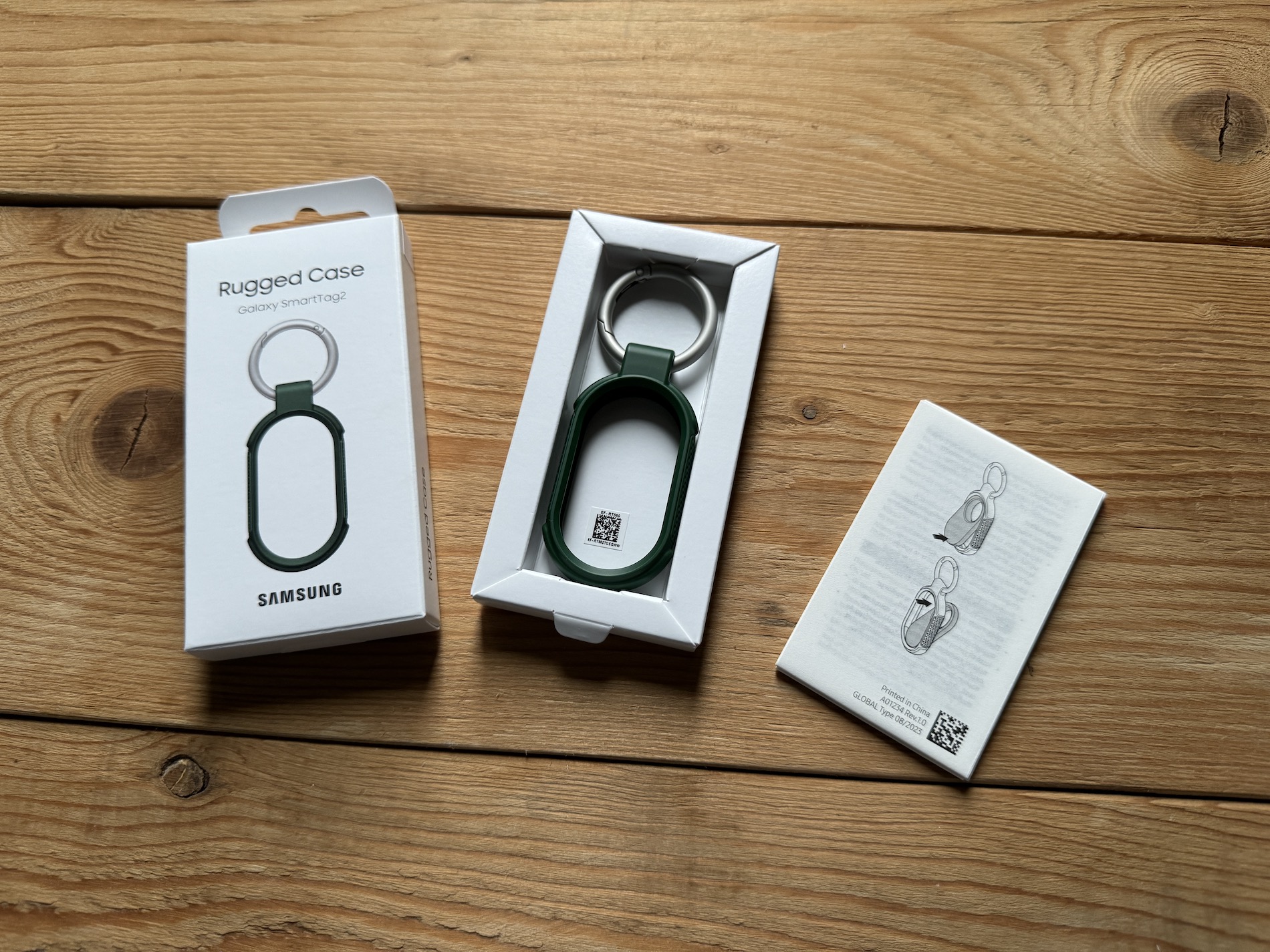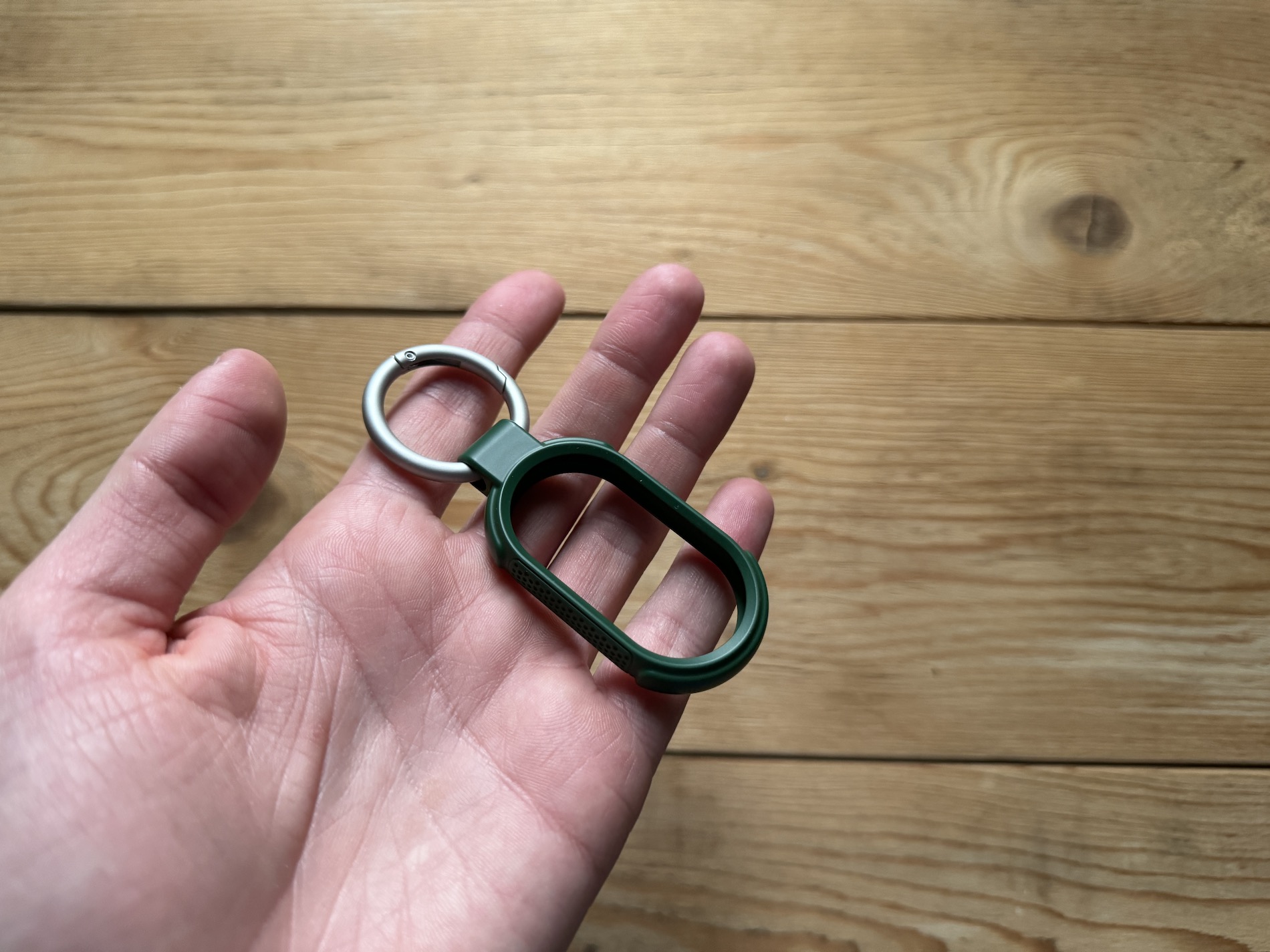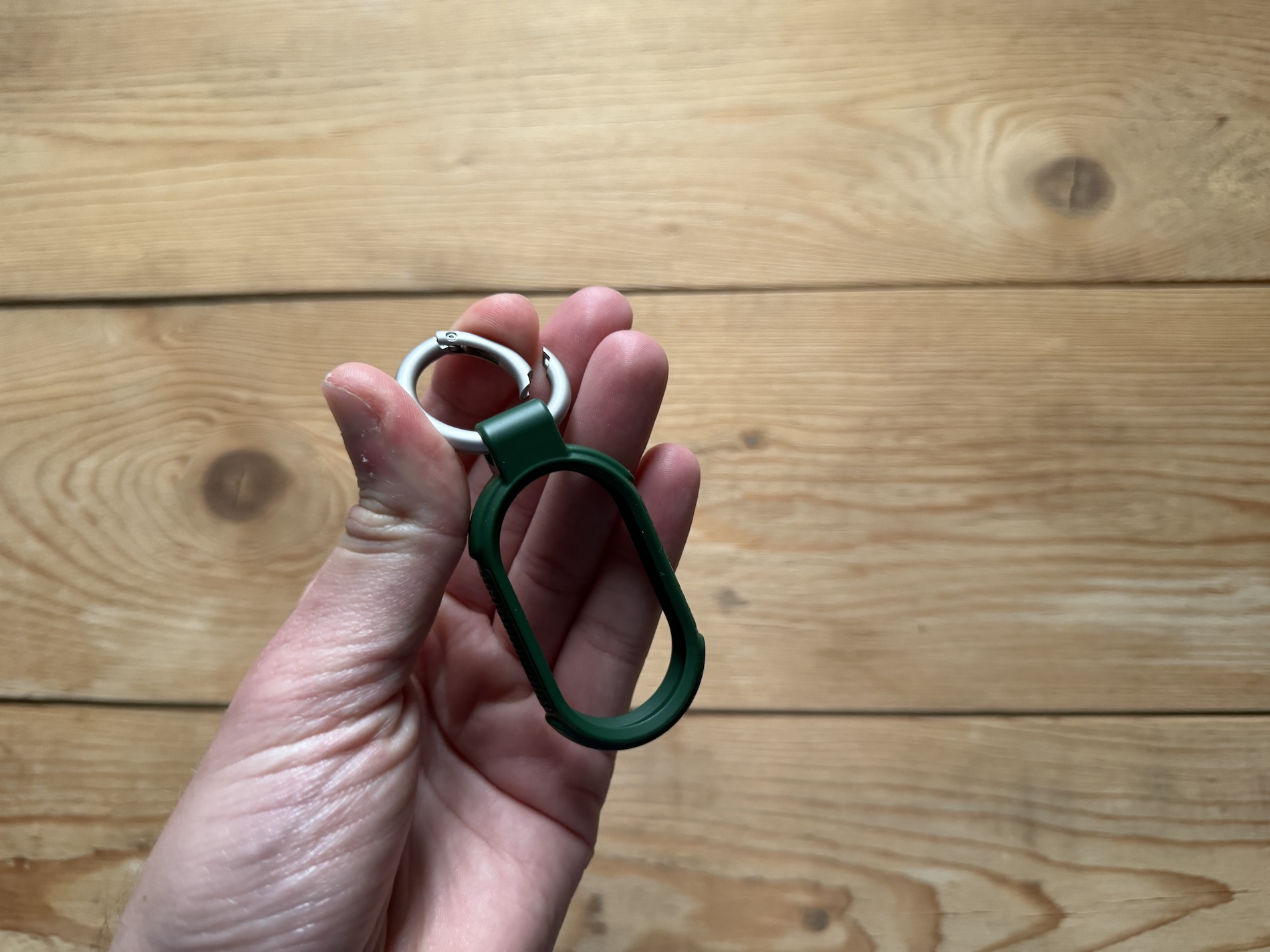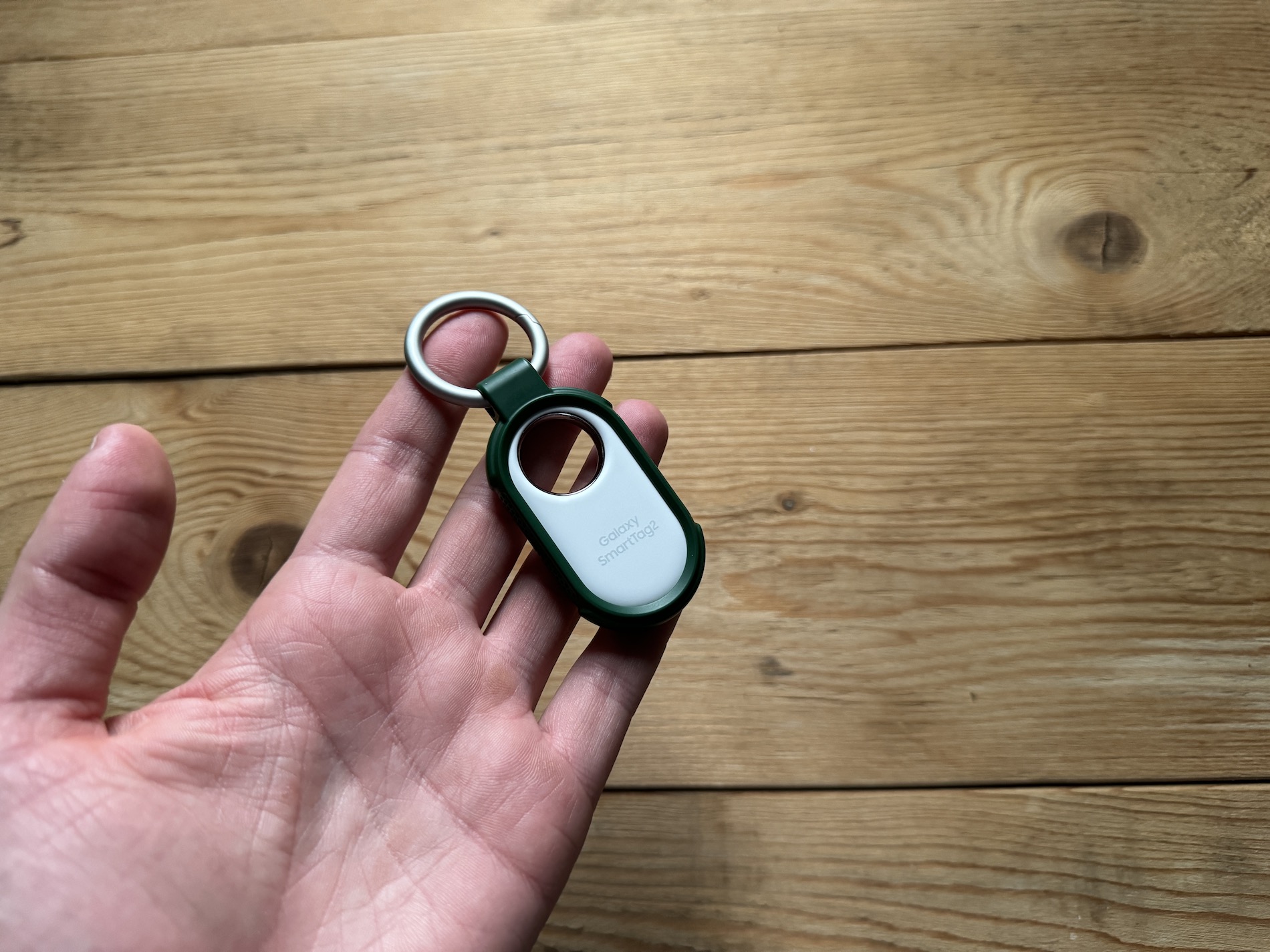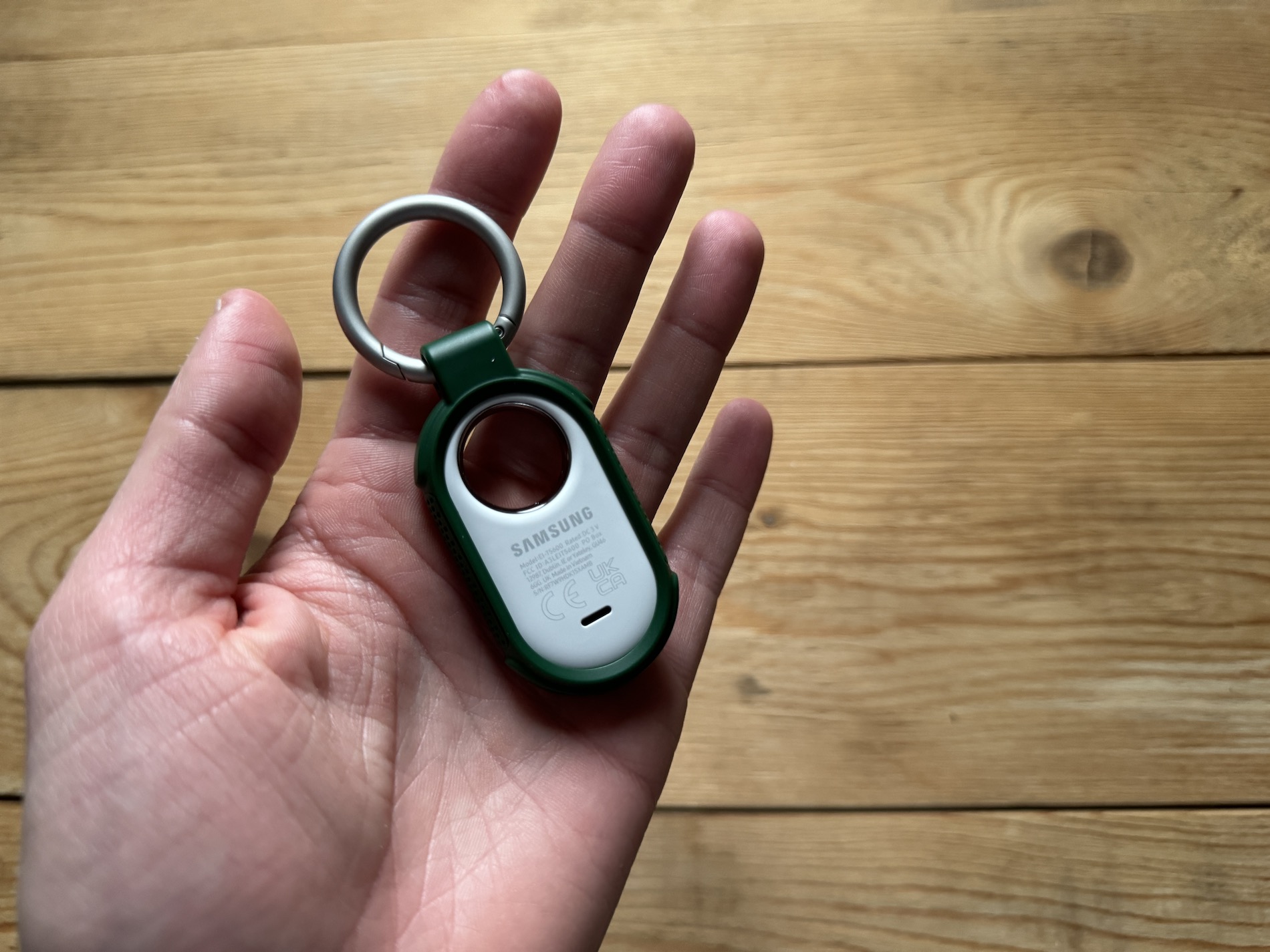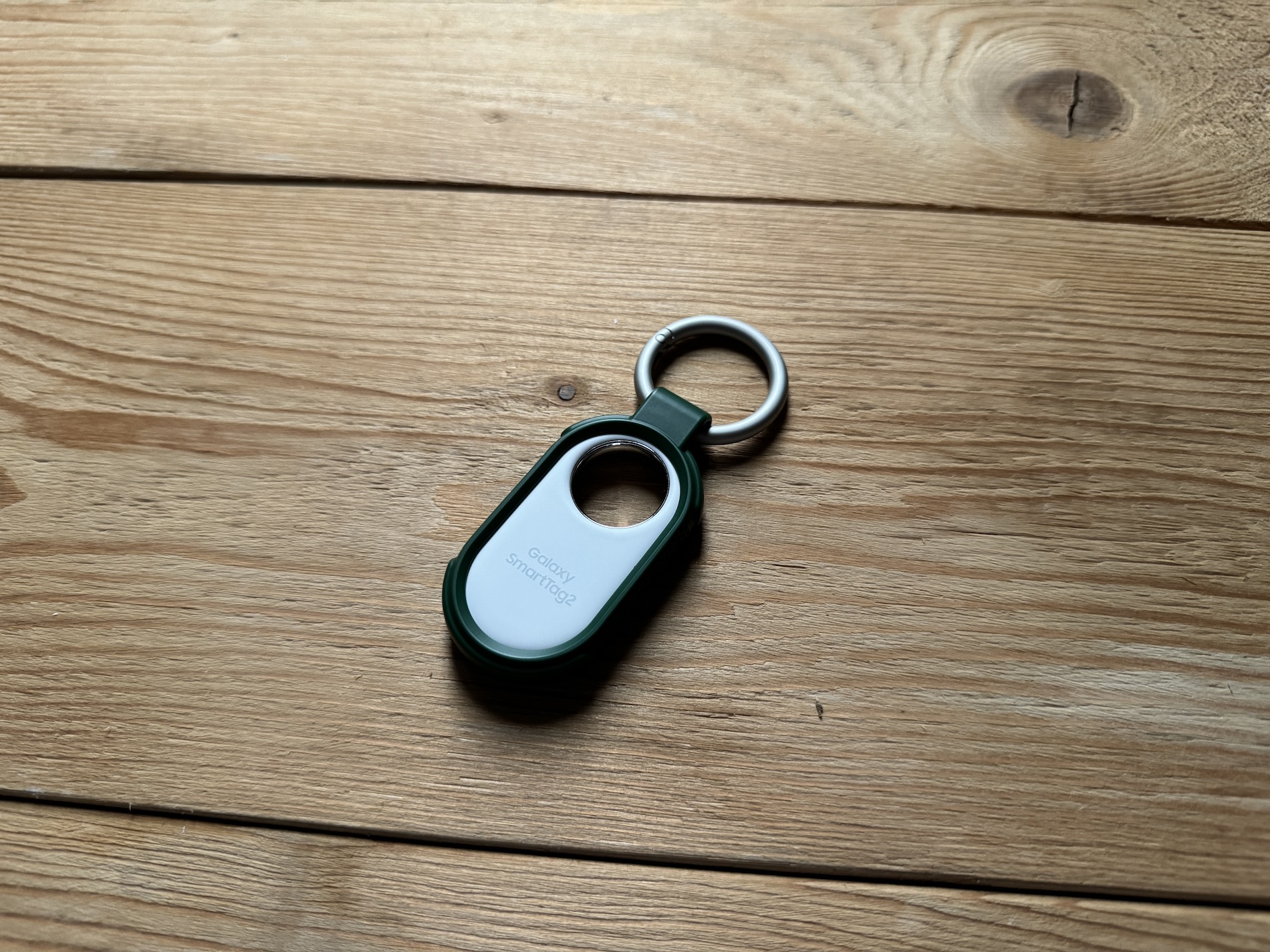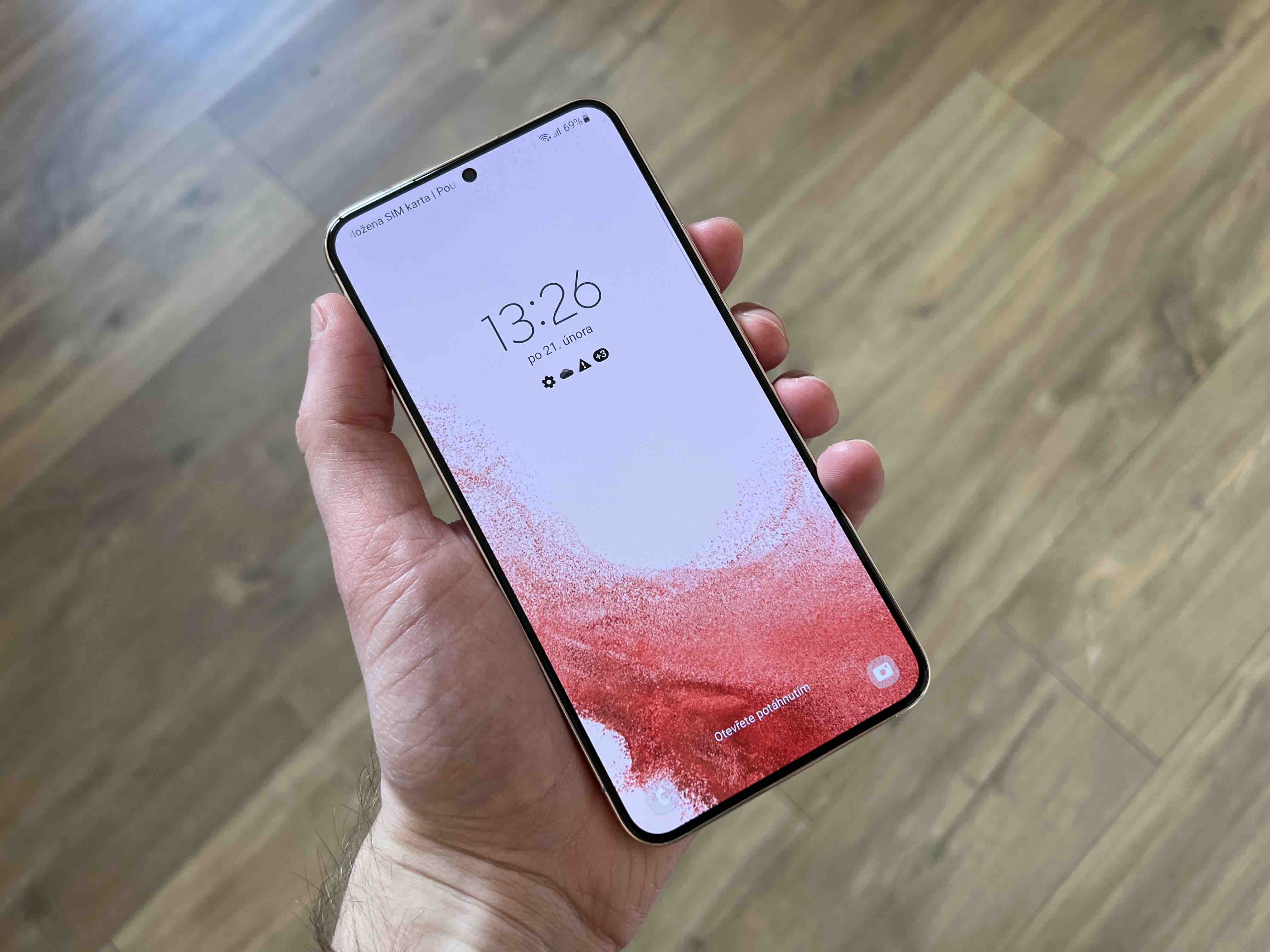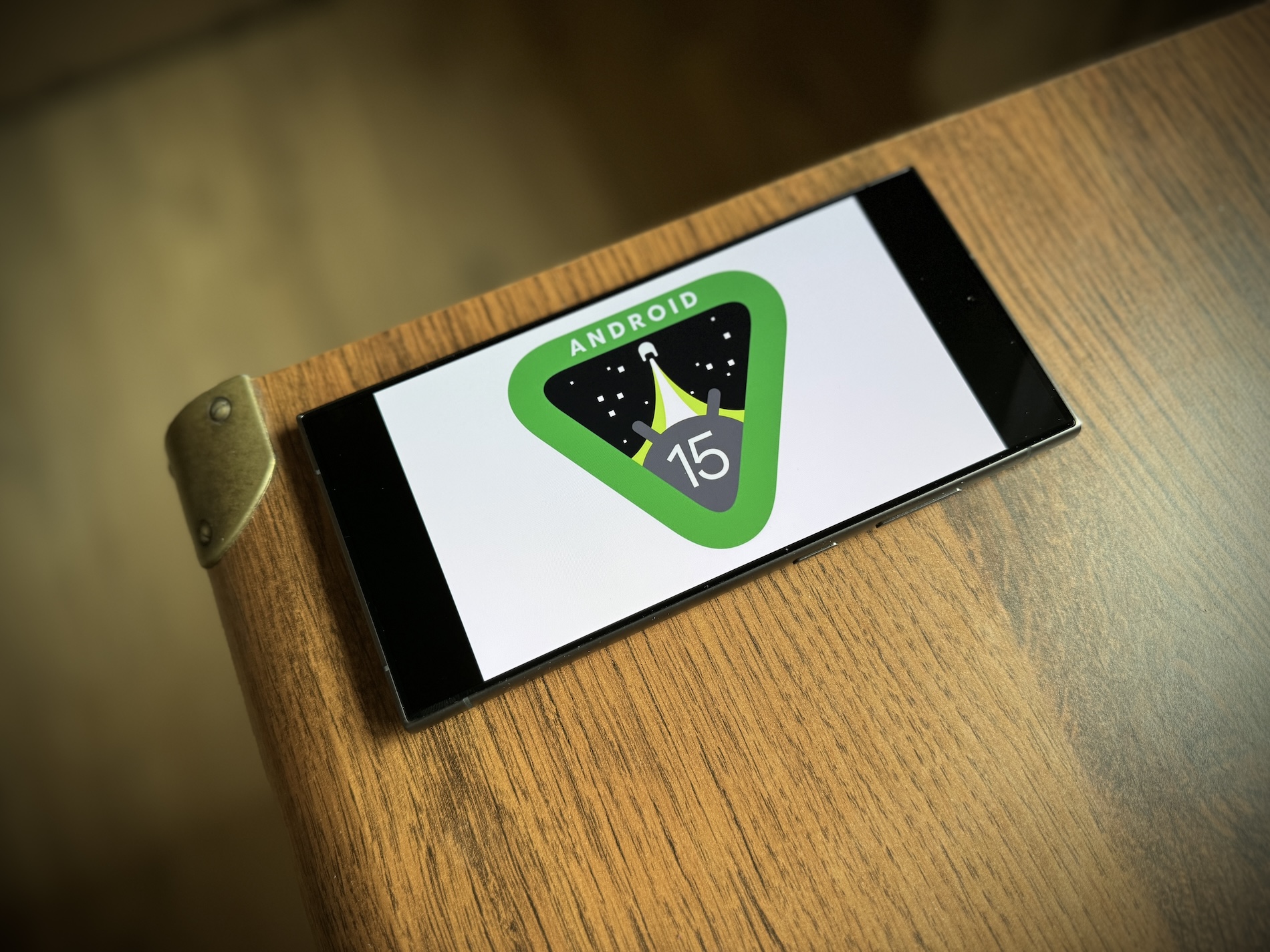Samsung i Apple offers its own locator tags. While the second generation of localizers has already emerged from the workshop of the South Korean giant Galaxy SmarTag, under the company's wings Apple the popular AirTags were created several years ago. How do these two models differ from each other, what are their advantages and disadvantages?
Although Apple and Samsung were not the first to enter the market with smart pendants or Bluetooth tracking devices, their trackers are definitely the most successful.
You could be interested in
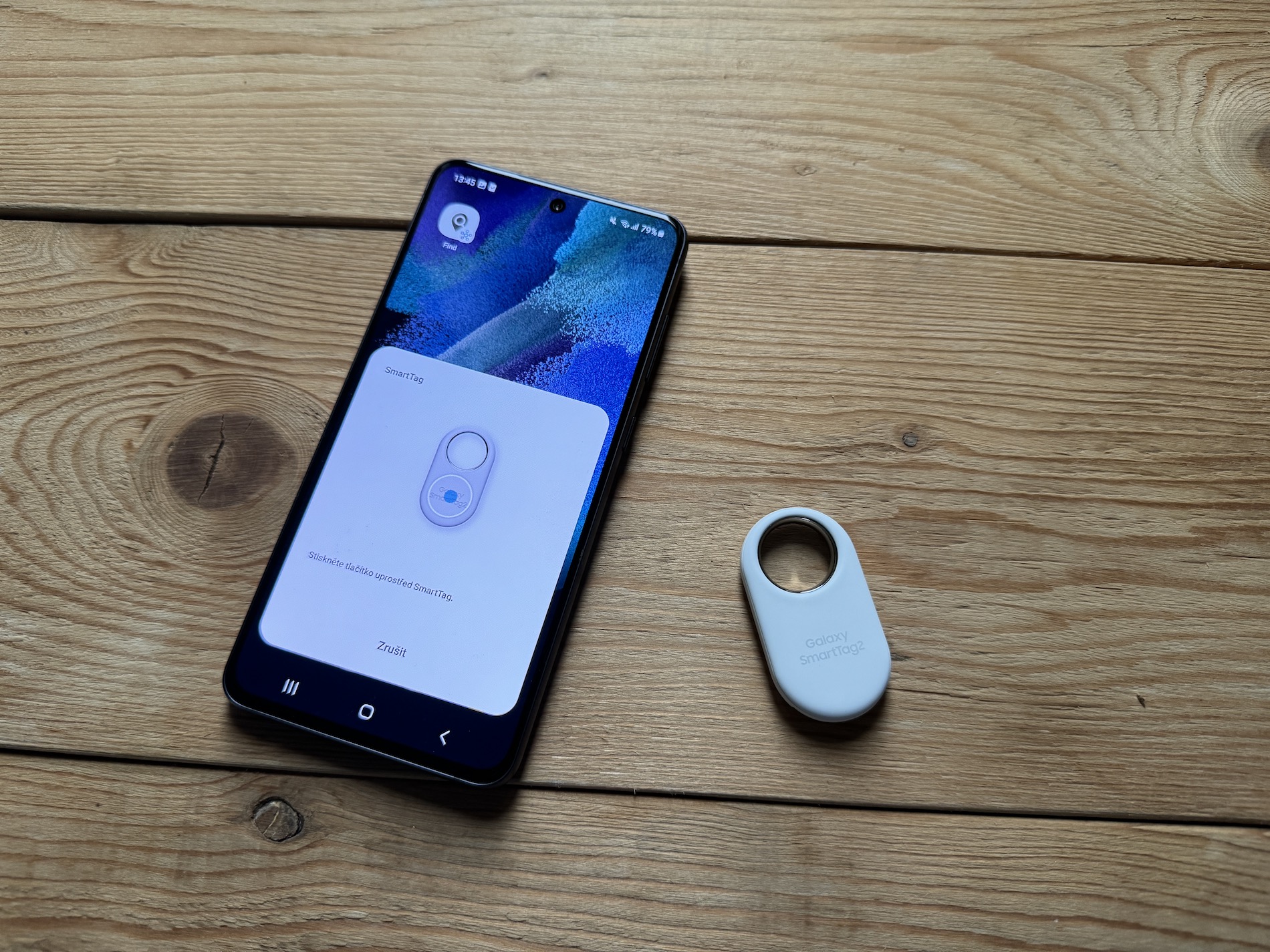
Price and specifications
AirTag costs around 890 crowns, Apple also sells a more affordable kit four pieces of AirTag for approximately 2490 crowns. Samsung Galaxy The second generation SmartTag can be purchased for price around 749 crowns. How Apple AirTag and Samsung Galaxy SmartTag is currently available on the market without any problems. And how are both locators in terms of technical specifications and features?
Samsung Galaxy Smart Tag offers Bluetooth LE, Ultra Wideband and NFC support, while Apple's AirTag Bluetooth, Ultra Wideband and NFC. SmartTag battery 2 lasts up to 700 days, AirTag battery up to one year. Both models have IP67 class resistance.
Function
Samsung's original SmartTag model was a bit feature-poor, but the company has rectified that with the second generation and has almost everything it needs to stand out in the smart tag market, just like the AirTag. So both AirTag and SmartTag 2 have Bluetooth for general location tracking and an ultra-wideband (UWB) chip for precise tracking. However, you'll need a phone with its own UWB chip for accurate tracking. While all models iPhone 11 and later (except iPhone SE 2 and SE 3) are equipped with an Ultra Wideband chip, which is only present in a limited number of Samsung phones Galaxy flagship class.
You could be interested in
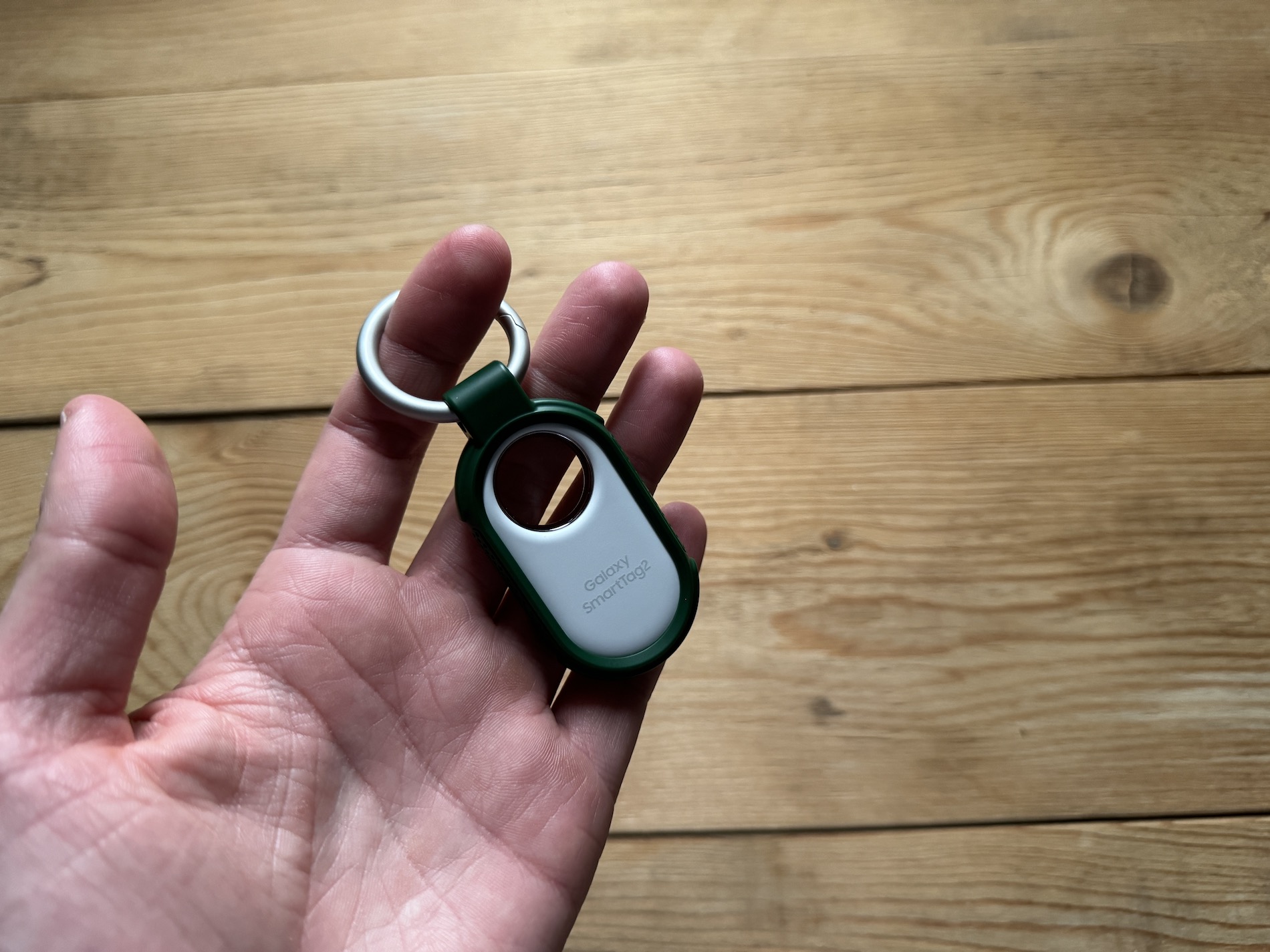
When the AirTag or SmartTag 2 is out of range of your phone, each tracking device relies on the respective manufacturer's network of devices to transmit location data to your phone. In addition, both locators support separate notifications for notifications when you accidentally leave your locator-marked items somewhere, and allow you to store contact information that can be read by any NFC-enabled phone.
One feature you won't get with the AirTag is a smart home remote control feature. If you have a compatible Samsung Smart Home device, you can use the SmartThings app to set a button on the tag to trigger automation - so the SmartTag offers a definite advantage in this respect. As expected, AirTag only works with devices running the system iOS, but surprisingly SmartTag 2 is also limited to Samsung phones. So if you have any other phone with an operating system Android, you must always use a locator from another manufacturer.
Installation is seamless with both smart brands. You install the battery and orient the tracker near the phone to start the process. The phone automatically detects them and you just have to follow the instructions on the screen. How Apple AirTag, as well Galaxy SmartTag 2 provide alerts on unwanted tracking to prevent their misuse.
You could be interested in
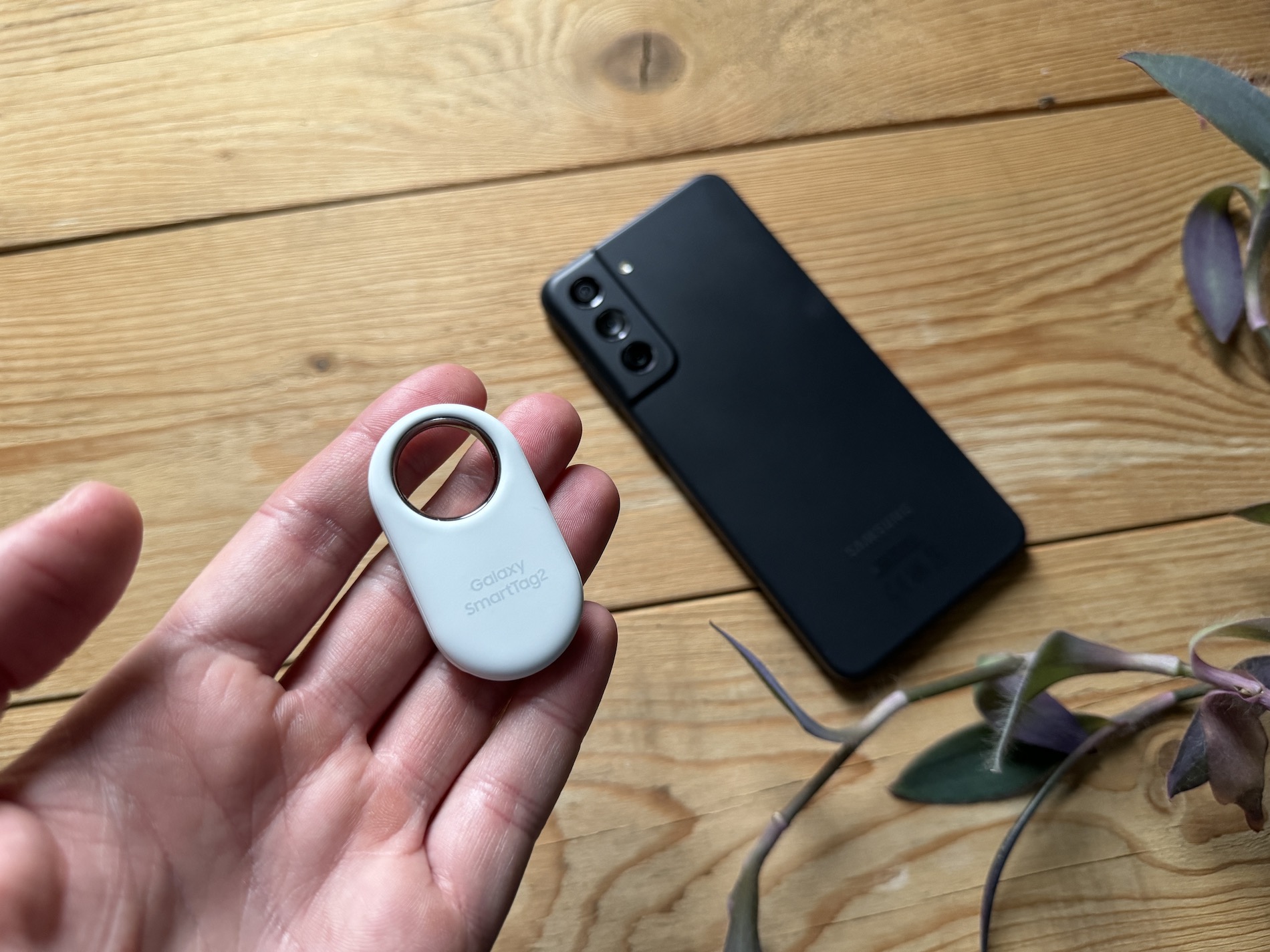
Finally
Apple AirTag and Samsung Galaxy SmartTag 2 are quite capable smart trackers. AirTag uses a large network of devices Apple to track your valuables. Samsung also has an extensive network, but behind the company Apple lags behind. In the case of SmartTag, however, the possibility of using it in a smart home is an indisputable bonus. As mentioned, choosing between the two devices depends entirely on which smartphone you own. Phone owners Galaxy should reach for the SmartTag 2, and if you have a UWB-enabled phone, the tracking device becomes especially useful.
AirTag is clearly an advantageous choice for iPhone owners. You can get other trackers that use the Find network, but none of them work as seamlessly as the AirTag. Even though the AirTag is a few years old, it still does a great job at what it's supposed to do.
